







MUSEUM
Administration|Museum |Art Gallery
ANNOUNCEMENT
Announcement
PSAG OPERATING HOUR
PENANG STATE ART GALLERY OPERATING HOURS
Announcement :
Operating hours from 9.00 a.m to 5:00 p.m, we will be closed on Friday and Public Holiday.
All appointments can be made by contacting 04-261 6466/04-226 1439 or emailing psm_enquiries@penangmuseum.gov.my
Articles
Media Coverage
PENANG ART OPEN COMPETITION 2025
Join the Penang Art Open Competition 2025, themed “Future Ecologies”. The participation form can be obtained by downloading it from the following link. Participation Form, Terms and Conditions: https://forms.gle/dctCYKZrrZeRP1jN9 All artworks must reach the organiser on or before 30 April 2026 (Thursday), by 5.00 p.m. at the following address: Penang State Museum Board No. 57, […]
PENANG ANNUAL SHOW 2025
Penang Annual Show 2025 Participation Form, Terms, and Conditions can be accessed by downloading via this link: https://forms.gle/ysCynb1NfhqpFZqn6 The deadline for submitting artwork images (maximum of 5) is Tuesday, 30th September 2025, by 5:00P.M. #PenangStateArtGallery #PenangStateMuseumBoard #UntukNegeriKita #PSMFirstClass #Penang2030
Museum Educations for All
Attention to fellow students, researchers, history, arts & culture enthusiasts. Due to the closure of the Penang State Museum (Lebuh Farquhar) for restoration and conservation work, visitors, students, and publics are welcome to get in touch with our Research & Education Unit at the address and emails provided below. We provide research and access to […]
THE 72ND ANNIVERSARY EXHIBITION BY THE PENANG ART SOCIETY
The 72nd Anniversary Exhibition by the Penang Art Society, themed Old New: My Choice or Lama & Baru: Pilihan Saya, will be held from 20 November to 2 December 2025. The launching ceremony of this exhibition will take place as follows:Date: 22 November 2025 (Saturday)Time: 3.00 PMVenue: Level 3 Gallery, Penang State Art Gallery, Dewan […]
AQUAMARINE EXHIBITION (PENANG’S BLUE HAVEN: LIFE BENEATH THE SURFACE)
The Aquamarine Exhibition (Penang’s Blue Haven: Life Beneath the Surface) is now welcoming the public. Showcasing the remarkable diversity of marine life, the exhibition highlights the significance of ocean ecosystems and emphasizes the importance of environmental conservation. Visitors can explore an array of marine specimens, artistic illustrations, and interactive installations including immersive touch-based digital screens […]
THE 61ST ANNIVERSARY EXHIBITION OF PENANG TEACHERS ART CIRCLE
The 61st Anniversary Exhibition of Penang Teachers Art Circle (PTAC) The 61st Anniversary Exhibition of Penang Teachers Art Circle (PTAC) will be held at Level 3 Gallery, Penang State Art Gallery from 13 to 26 July 2025. The opening ceremony of this exhibition will be held on : Date : 19 July 2025 (Saturday) Time […]
ART EXHIBITION BALIK PULAU ART SOCIETY
Art Exhibition Balik Pulau Art Society The Annual Exhibition of the Balik Pulau Arts Society, themed “Unspoken”, will be held from 21 June to 3 July 2025 at Level 3, Penang State Art Gallery. The official opening ceremony of the exhibition will take place as follows: Date: 28 June 2025 (Saturday) Time: 3:00 PM Guest […]
PENANG WATER COLOUR SOCIETY 42ND ANNUAL JURIED EXHIBITION
Penang Water Colour Society 42nd Annual Juried Exhibition Penang Water Colour Society 42nd Annual Juried Exhibition themed “Contrast” will be held at Level 3 Gallery, Penang State Art Gallery from 28th May to 12th June 2025. The official opening ceremony of the exhibition will be held as follows: Date: Saturday, 31st May 2025Time: 4:00 PM […]
NANYANG REVERIE : A TRIBUTE TO TAN THEAN SONG’S INK AND BATIK LEGACY
Nanyang Reverie : A Tribute to Tan Thean Song’s Ink and Batik Legacy Nanyang Abadi Exhibition: The Ink and Batik Art Legacy of Tan Thean Song will be held at Level 3 Gallery, Penang State Art Gallery from 3rd to 15th May 2025. Artist Tan Thean Song (1946–2017) was a distinguished art scholar who received […]
Announcement: Penang Art Open Competition Exhibition 2024
The Penang Art Open Competition Exhibition will be held from February 22 to April 13, 2025 at Gallery Level 3, Penang State Art Gallery, Dewan Sri Pinang, Lebuh Light, George Town, 10200 Penang. The exhibition will be open for visitation daily from 9:00 AM to 5:00 PM, except on Fridays and Public Holidays. All visitors […]
The Permanent Collection Exhibition of BSLNPP – Cetakan-
The Permanent Collection Exhibition of BSLNPP – Cetakan- The Permanent Collection Exhibition of BSLNPP – Prints- is open to the public from January 13th to February 20th, 2025, located at Level 3, Penang State Art Gallery, Dewan Sri Pinang, George Town, Penang. #PenangStateMuseumBoard #PenangStateArtGallery #UntukNegeriKita #PSMfirstclass #Penang2030
All Things Are Interrelated
Solo Exhibition by Tan Kai Sheuan will occur from December 4 to December 30, 2024, at Level 3, Penang State Art Gallery, Dewan Sri Pinang. The opening ceremony will be held on December 7, 2024 (Saturday), at 3:00 PM, officiated by YB Connie Tan Hooi Peng, ADUN Seri Delima. The Penang State Museum and Art […]
Dialogue of Aesthetic by 12 Thai Artists Exhibition
Dialogue of Aesthetic by 12 Thai Artists Exhibition The exhibition Dialogue of Aesthetic by 12 Thai Artists will run from 09 November to 24 November 2024 on Level 3, Penang State Art Gallery, Dewan Sri Pinang. The opening ceremony will be held on 09 November 2024 (Saturday) at 3:00 pm. Ms. Suratchaya Palawongse, Royal Thai […]
The 71st Anniversary Art Exhibition of the Penang Art Society
The 71st Anniversary Art Exhibition of the Penang Art Society The 71st Anniversary Art Exhibition of the Penang Art Society will be held from October 19 to November 2, 2024, on Level 3, Penang State Art Gallery, Dewan Sri Pinang. The official opening ceremony will take place on October 19, 2024 (Saturday) at 2:00 PM. […]
Penang Art Open Competition 2024
Penang Art Open Competition 2024 Calling all artists to take part in Penang Art Open Competition 2024 with the theme “Space”. The competition form is available via this link: Competition Form, Terms and Conditions: https://forms.gle/xZzM5Z3NJqs7CTvf7 Artworks must reach the organizer on or before 26th January 2025 (Wednesday) at 5.00 p.m. at the address below: Penang […]
Exhibition in Memory of Lee Long Loi (1942 – 2023)
Pameran Tahunan Persatuan Kesenian Balik Pulau 2024
RISING SUN OVER PENANG EXHIBITION
Penang State Museum Board is organizing an exhibition titled “Rising Sun Over Penang” that had been scheduled to take place from February to June 2024. This exhibition aims to explore the historical Japanese influence on Malaysia, which dates back centuries to the arrival of Japanese merchants in the Malay Archipelago during the 17th century. Japan’s […]
Kisah Feri Pulau Pinang
3 Artists in Abstract Art Malaysia Singapore Thailand 2023 Exhibition #2
3 Artists in Abstract Art Malaysia Singapore Thailand 2023 Exhibition is now open to the public starting tomorrow, 7th October until 22nd October 2023 at Level 3, Penang State Art Gallery, Dewan Sri Pinang. The opening ceremony will be held on 14th October 2023 (Saturdays), 3.00 p.m. at Level 3, Penang State Art Gallery, Dewan […]
My Art My Journey
My Art My Journey, Pameran Seni Lukis Dato’ Chuah Kooi Yong is now open to public starting tomorrow, 15th August until 30th August 2023 at Level 3, Penang State Art Gallery, Dewan Sri Pinang. The opening ceremony will be held on 19 August 2023 (Saturday), 3.00 pm at Level 3, Penang State Art Gallery, Dewan […]
DIGITAL OSMOSIS
Alvin Koay Digital Osmosis Exhibition is now open to public, 1st July 2023 until 7th August 2023 at Level 3, Penang State Art Gallery, Dewan Sri Pinang. The opening ceremony will be held on 15 July 2023 (Saturday), 3.00 pm at Level 3, Penang State Art Gallery, Dewan Sri Pinang. The Penang State Museum and […]
Persatuan Kesenian Balik Pulau Pulau Pinang, Pameran Kesenian Tahunan 2023
Penang Art Open Competition 2022
Pameran ‘Dari Gabenor Ke TYT’ akan ke Seberang Perai Selatan, Cawangan Jawi !
#𝘿𝙖𝙧𝙞𝙂𝙖𝙗𝙚𝙣𝙤𝙧𝙠𝙚𝙏𝙔𝙏 𝗗𝗜 𝗣𝗘𝗥𝗕𝗔𝗗𝗔𝗡𝗔𝗡 𝗣𝗘𝗥𝗣𝗨𝗦𝗧𝗔𝗞𝗔𝗔𝗡 𝗔𝗪𝗔𝗠 𝗣𝗨𝗟𝗔𝗨 𝗣𝗜𝗡𝗔𝗡𝗚 Kini, pameran akan berlansung di Perbadanan Perpustakaan Awam Pulau Pinang Daerah Seberang Perai Selatan, Cawangan Jawi mulai esok, 22 Februari 2023 hingga 05 April 2023 secara 𝗣𝗘𝗥𝗖𝗨𝗠𝗔. Pelbagai aktiviti dan program menarik menanti anda di Perpustakaan Daerah SPS Cawangan Jawi. Jumpa anda di sana! Pengumuman: Pameran ini 𝗗𝗜𝗧𝗨𝗧𝗨𝗣 […]
𝓑𝓲𝓻𝓭𝔀𝓪𝓽𝓬𝓱𝓲𝓷𝓰 𝓟𝓻𝓸𝓰𝓻𝓪𝓶𝓶𝓮
Terima kasih diucapkan kepada para peserta yang mengambil bahagian dalam “Birdwatching Programme”. Suasana sekitar “Birdwatching Programme” dengan kerjasama Jabatan Perhutanan Negeri Pulau Pinang & Malaysia Nature Society yang telah diadakan di Taman Negara Pulau Pinang, 24 Februari 2023. …. Thank you to the participants who participated in the “Birdwatching Programme”. The atmosphere around the “Birdwatching […]
Pameran ‘Dari Gabenor Ke TYT’ akan ke Seberang Perai Utara, Cawangan Bertam !
#𝘿𝙖𝙧𝙞𝙂𝙖𝙗𝙚𝙣𝙤𝙧𝙠𝙚𝙏𝙔𝙏 Kini, pameran sedang berlansung di Perbadanan Perpustakaan Awam Pulau Pinang Daerah Seberang Perai Utara, Cawangan Bertam mulai 23 Disember 2022 hingga 04 Februari 2023 secara 𝗣𝗘𝗥𝗖𝗨𝗠𝗔. Pelbagai aktiviti dan program menarik menanti anda di Perpustakaan Daerah SPU Cawangan Bertam. Jumpa anda di sana! Pengumuman: Pameran ini 𝗗𝗜𝗧𝗨𝗧𝗨𝗣 kepada pengunjung pada setiap hari Isnin dan […]
𝐇𝐚𝐰𝐚𝐫𝐢 𝐇𝐚𝐬𝐡𝐢𝐦 𝐤𝐞 𝐏𝐮𝐧𝐜𝐚𝐤 𝐆𝐮𝐧𝐮𝐧𝐠 𝐄𝐯𝐞𝐫𝐞𝐬𝐭!!!
Lembaga Muzium Negeri Pulau Pinang merakamkan ucapan tahniah kepada Saudara Hawari yang berjaya sampai puncak Gunung Everest pada ketinggian 8,848 meter dari paras laut. Hawari berjaya sampai di puncak pada khamis (18 Mei 2023) jam 3.30 petang (waktu Nepal). Hawari merupakan rakyat Malaysia pertama kategori orang kurang upaya (OKU) pendengaran yang berjaya sampai ke puncak […]
Pameran ‘Dari Gabenor Ke TYT’ di Balik Pulau !
𝐉𝐎𝐌 𝐓𝐄𝐑𝐉𝐀𝐇 𝗣𝗘𝗥𝗕𝗔𝗗𝗔𝗡𝗔𝗡 𝗣𝗘𝗥𝗣𝗨𝗦𝗧𝗔𝗞𝗔𝗔𝗡 𝗔𝗪𝗔𝗠 𝗣𝗨𝗟𝗔𝗨 𝗣𝗜𝗡𝗔𝗡𝗚 𝐌𝐔𝐋𝐀𝐈 23 APRIL 𝐈𝐍𝐈 ! #𝘿𝙖𝙧𝙞𝙂𝙖𝙗𝙚𝙣𝙤𝙧𝙠𝙚𝙏𝙔𝙏 Kini, pameran telah bersambung ke lokasi seterusnya di Perbadanan Perpustakaan Awam Daerah Barat Daya Cawangan Balik Pulau mulai 23 April 2023 sehingga 31 Mei 2023 secara 𝗣𝗘𝗥𝗖𝗨𝗠𝗔. Pelbagai aktiviti dan program menarik menanti anda di sana. Pengumuman : Pameran ini 𝗗𝗜𝗧𝗨𝗧𝗨𝗣 kepada pengunjung […]
#MERGASTUA:TaxidermyOnAir
Jutaan terima kasih kepada MUTIARAfm – RTM Pulau Pinang terutamanya kepada Pengarah, Penerbit Rancangan, Encik Phirose Sanjay serta DJ Laily atas kesudian menjemput pihak Lembaga Muzium Negeri Pulau Pinang (LMNPP) bagi mempromosikan Pameran “MERGASTUA:Taxidermy = Art + Science Combined” yang telah bersiaran di slot BICARA PRISMA, Mutiara.fm pada jam 10.15 pagi, 19 Januari 2023. […]
Program Drawingthon
Program Drawingthon dianjurkan oleh Balai Seni Lukis Negeri Pulau Pinang bersempena dengan Pameran MERGASTUA: Taxidermy = Art + Science Combined bertempat di Galeri Aras 3, Balai Seni Lukis Negeri Pulau Pinang, Georgetown, Pulau Pinang. Seramai 20 artis yang melibatkan diri dalam program yang berlangsung selama 3 hari bermula 13,14, dan 15 Januari 2023. Para pelawat […]
Pameran MERGASTUA: Taxidermy=Art + Science Combined
Pameran ‘Dari Gabenor Ke TYT’ akan ke Seberang Perai Tengah !
𝐉𝐎𝐌 𝐓𝐄𝐑𝐉𝐀𝐇 𝐃𝐀𝐄𝐑𝐀𝐇 𝐒𝐄𝐁𝐄𝐑𝐀𝐍𝐆 𝐏𝐄𝐑𝐀𝐈 𝐓𝐄𝐍𝐆𝐀𝐇 𝐌𝐔𝐋𝐀𝐈 𝟗 𝐍𝐎𝐕𝐄𝐌𝐁𝐄𝐑 𝐈𝐍𝐈 ! Untuk makluman, pameran “Dari Gabenor ke TYT” telah 𝗕𝗘𝗥𝗔𝗞𝗛𝗜𝗥 di Daerah Timur Laut (Dewan Sri Pinang) pada 30 Oktober 2022 (Ahad). Sesi 𝘥𝘪𝘴𝘮𝘢𝘯𝘵𝘭𝘦 sedang dijalankan pada 31 Oktober 2022 (Isnin) dan pameran ini akan 𝗕𝗘𝗥𝗦𝗔𝗠𝗕𝗨𝗡𝗚 ke lokasi seterusnya di Perbadanan Perpustakaan Awam Pulau Pinang, […]
Majlis Perasmian Pameran “Dari Gabenor ke TYT” yang dirasmikan oleh Tuan Yang Terutama Tun Dato’ Seri Utama Ahmad Fuzi Bin Haji Abdul Razak , Yang di-Pertua Negeri Pulau Pinang
Majlis Perasmian dan Pelancaran Monograf Pameran Dari Gabenor ke TYT telah disempurnakan dengan jayanya. Jutaan terima kasih diucapkan kepada : • Tuan Yang Terutama Tun Dato’ Seri Utama Ahmad Fuzi bin Haji Abdul Razak, Yang di-Pertua Negeri Pulau Pinang dan Yang Amat Berbahagia Toh Puan Dato’ Seri Utama Khadijah binti Mohd Nor; • Yang Amat […]
‘Different But Fascinating’
The opening ceremony for the art exhibition ‘Perbezaan Yang Mengagumkan’ or ‘Different But Fascinating’ from the Balik Pulau Art Society was conducted on May 28, 2022, at 3.00 pm at Level 3 Gallery of the Penang State Art Gallery (PSAG). Mr. Lee Khai, Chairman of the Art Gallery Committee, opened the show, and Mr. Koay […]
Buletin Mutiara
#Penang2030
#UntukNegeriKita
#psmfirstclass
#langur2021
#langurexhibition
#buildingabridgebetweenourworld
#monkeybusiness
#artsavingwildlife
#lovelangur
#penanglangur
#demihaiwan
#langursempoi
Selamat Pagi Malaysia (Nadi Seri Pagi)
#Penang2030
#UntukNegeriKita
#psmfirstclass
#langur2021
#langurexhibition
#buildingabridgebetweenourworld
#monkeybusiness
#artsavingwildlife
#lovelangur
#penanglangur
#demihaiwan
#langursempoi
Malay Mail Article
In an effort to increase awareness of this endangered leaf-eating primate, art curator Ivan Gabriel started putting together a proposal for a langur-themed art exhibition in early January.
#Penang2030
#PenangLawanCOVID19
#UntukNegeriKita
#psmfirstclass
PENANG STATE ART GALLERY IS NOW OPEN
#Penang2030
#PenangLawanCOVID19
#UntukNegeriKita
#psmfirstclass
Article in Penang China Press
“The Penang State Museum mobilized seven staff, including four staff who have received haircut skills training, to provide free haircutting services for tricycle drivers.“
We are pleased to be featured in Penang China Press. Thank you for your time and coverage!
#Penang2030
#PenangLawanCOVID19
#UntukNegeriKita
#psmfirstclass
Program Outreach Vaksinasi Covid-19
Thanks to Bernama.com for covering the news on the Covid-19 Vaccination Outreach Program which was held on Sunday, 25th July.
More news about the program can be seen at the link:
https://www.bernama.com/bm/news.php?id=1985608
#Penang2030
#PenangLawanCOVID19
#UntukNegeriKita
#psmfirstclass
Webinar Makmal Usahawan Seni Budaya (MAUS)
#Penang2030
#PenangLawanCOVID19
#UntukNegeriKita
#psmfirstclass
Movement Control Order (MCO) 3.0 Phase 1
#Penang2030
#PenangLawanCOVID19
#UntukNegeriKita
#psmfirstclass
Winners of Penang Art Open 2020
The Penang State Art Gallery (PSAG) will be open !
Thanks to YB. Yeoh Soon Hin, Penang State Executive Councillor for Tourism and Creative Economy (PETACE) cum Chairman of Penang State Museum Board (PSM) for the announcement. Starting 8th of March 2021 onwards, The Penang State Art Gallery (PSAG) will be open to visitors from Saturday to Thursday, 9am to 5pm. The gallery will be […]
Committee Meeting International Museum Day 2021
The first Committee Meeting in conjunction with International Museum Day 2021 was held today at 10.00 a.m. via Online Zoom Meeting. This meeting was chaired by Datuk Kamarul Baharin bin A. Kasim, the chief director of Museums Department Malaysia and was attended by respective state museum directors across Malaysia. The meeting was held to discuss […]
Happy Chinese New Year
The Management of Penang State Museum & Art Gallery wishes you Happy Chinese New Year! Penang State Art Gallery & Administration Office (Dewan Sri Pinang) will be CLOSED on Friday, 12 February 2021. For further enquiries, email us at psm_enquiries@penangmuseum.gov.my.
2021 Festive Edition : Traditional Chinese Wedding Dress
![]()
![]() 2021 Festive Edition: Traditional Chinese Wedding Dress
2021 Festive Edition: Traditional Chinese Wedding Dress![]()
![]()
The innovation of this Festive Edition face mask comes from the Penang State Museum Artifact Collections. The Traditional Chinese Wedding Dress from the year 1965 is specifically chosen for its distinctive motif.
The uniqueness of these two Festive editions face masks is that each mask comes with a specially designed red packet or “Angpow” to store the masks and the Artifact Collection masks is engraved with gold embroidery words written as 年年有余 (nián nián yǒu yú) meaning “Abundance and Surplus Every Year”.
#Penang2030
#PenangLawanCOVID19
#UntukNegeriKita
#psmfirstclass
2021 Festive Edition : Grandparental Roots
🍊🍊2021 The Festive Edition: Grandparental Roots 🍊🍊
In conjunction with the celebration of Chinese New Year 2021 – The Year of Ox. This upcoming February 12th, Penang State Museum, and the Penang State Art Gallery have decided to step up the game and to introduce new collection of face masks namely; ‘Festive Edition’. This Festive Edition face mask is launched specifically for Chinese New Year 2021 and you can’t get it elsewhere.
#Penang2030
#PenangLawanCOVID19
#UntukNegeriKita
#psmfirstclass
Happy Thaipusam
The Management of Penang State Museum & Art Gallery wishes you Happy Thaipusam Day! Penang State Art Gallery & Administration Office (Dewan Sri Pinang) will be CLOSED on Thursday, 28 January 2021. For further enquiries, email us at psm_enquiries@penangmuseum.gov.my.
Covid-19 Heroes, Penang Art District
Public nomination for “Covid-19 Heroes” is still open until 31st January 2021, go get your heroes nominated now at https://penangartdistrict.com/artist-appreciation-frontliners/
#Penang2030
#PenangLawanCOVID19
#UntukNegeriKita
#psmfirstclass
Be a Superhero, Wear Masks
Be a Superhero, Wear Masks
🏵️ Missing previous designs?
🏵️ Can’t get enough with the rarest and the uniqueness of it?
🏵️ Not to worry, we still have it for you.
What are you waiting for? Come and get yours before its too late.
Hit the link below to purchase
👇🏻👇🏻👇🏻
Facebook: https://bit.ly/2XQYtk3
WhatsApp: https://wa.link/m9e0my
#Penang2030
#PenangLawanCOVID19
#UntukNegeriKita
#psmfirstclass
PAO Best Selection of Artworks
Following the Movement Control Order (MCO) that has been enforced from 13 to 26 January 2021 in Penang due to COVID-19 pandemic, the Penang Art Open 2020 exhibition with the theme of ‘Life’ that was scheduled to open to public from 10 January 2021 will be postponed.
However, the exhibition that exhibits only the best selection of artworks now can be accessed online via the link below. PSAG would like to congratulate to all participants that are chosen for this exhibition : PENANG ART OPEN 2020 EXHIBITION
#Penang2030
#PenangLawanCOVID19
#UntukNegeriKita
#psmfirstclass
Happy Ponggal
Greeting from The Management of Penang State Museum & Art Gallery.
Penang State Museum & Art Gallery takes this opportunity to wish all of our friends Happy Pongal.
May good luck enter your home. May God bless you with peace, prosperity & joy in your life. Wishing you & your loved ones Happy Pongal.
#Penang2030
#PenangLawanCOVID19
#UntukNegeriKita
#psmfirstclass
Article on Buletin Mutiara
“Dengan dermaan 330 buah karya dari Dato’ Dr Tan Chee Khuan, BSLNPP akan terus mara ke hadapan dengan menjadi sebuah institusi seni yang gah lagi disegani selain bakal menjadi rujukan serta kegiatan seni di rantau ini.”
Terima kasih Buletin Mutiara atas siaran akhbar bertarikh 1-15 Disember 2020.
#Penang2030
#PenangLawanCOVID19
#UntukNegeriKita
#psmfirstclass
CLOSED !
1. QUOTATION OF SERVICES OF MATERIALS AND EXHIBITION MODELS FOR
EXHIBITION FROM THE GOVERNOR TO TYT
2. QUOTATION OF SUPPLY SOUVENIRS
EXHIBITION FROM THE GOVERNOR TO TYT
3. A PRICE FOR EXHIBITION MATERIAL PRINTING SERVICES FOR
EXHIBITION FROM THE GOVERNOR TO TYT
4. QUOTATION OF VIDEOGRAPHY AND ADVERTISING SERVICES FOR
EXHIBITION FROM THE GOVERNOR TO TYT
Media


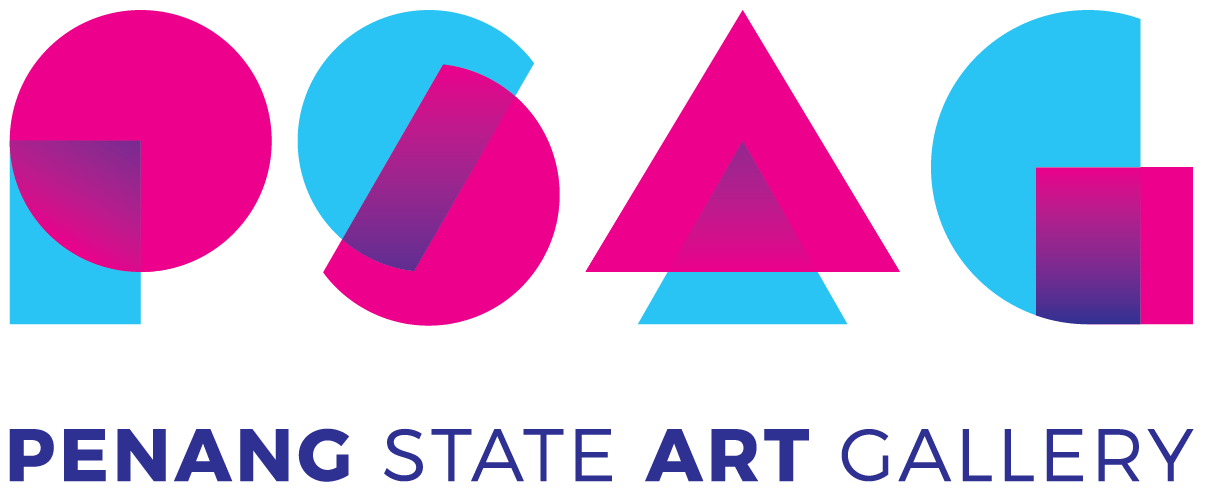
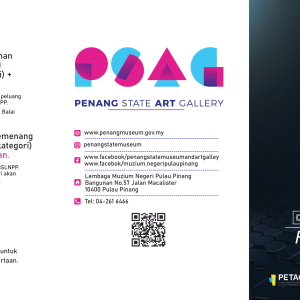
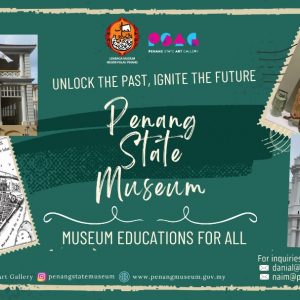
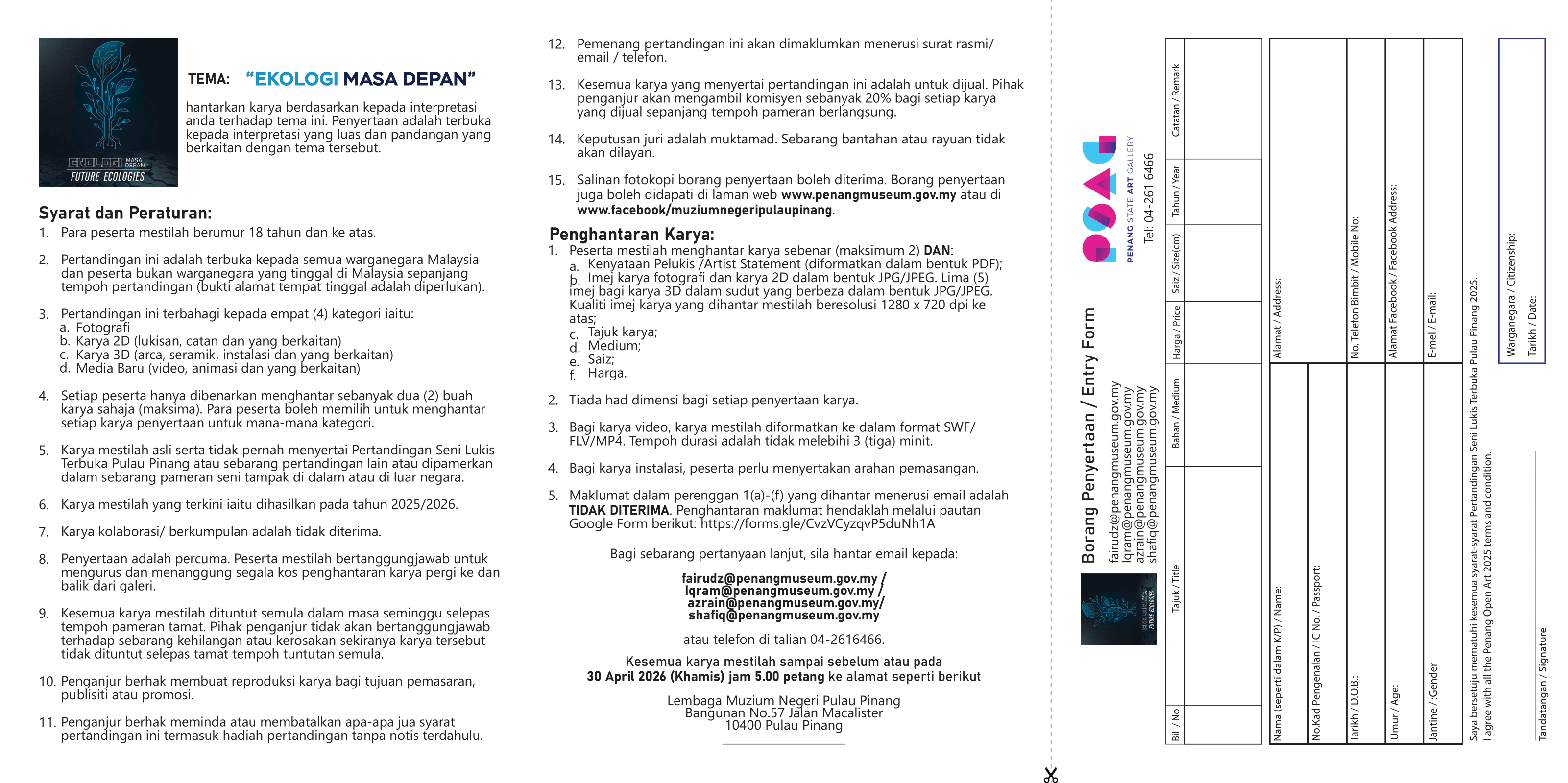

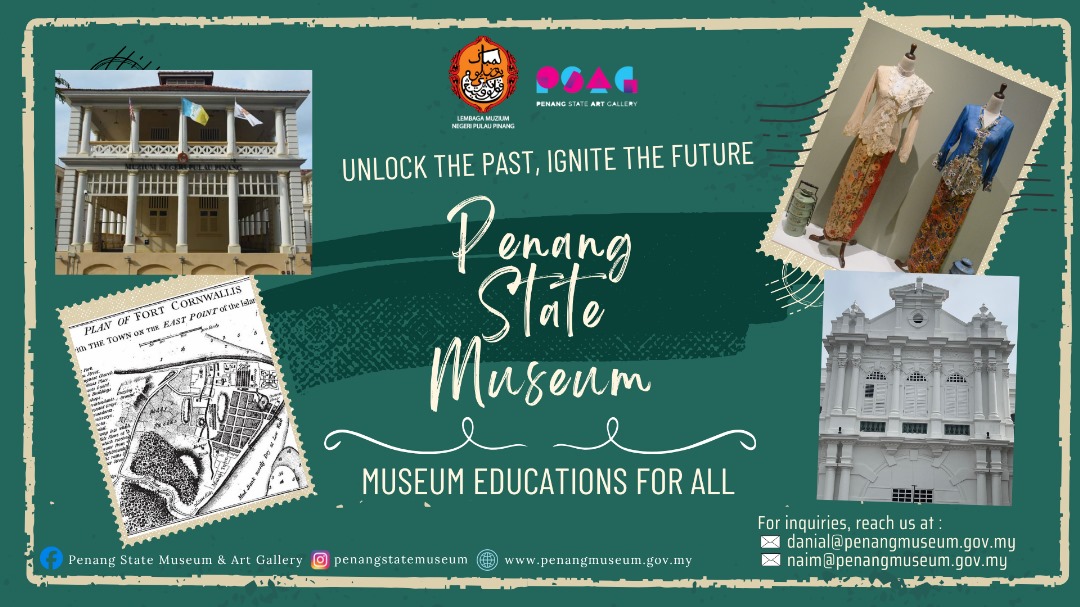


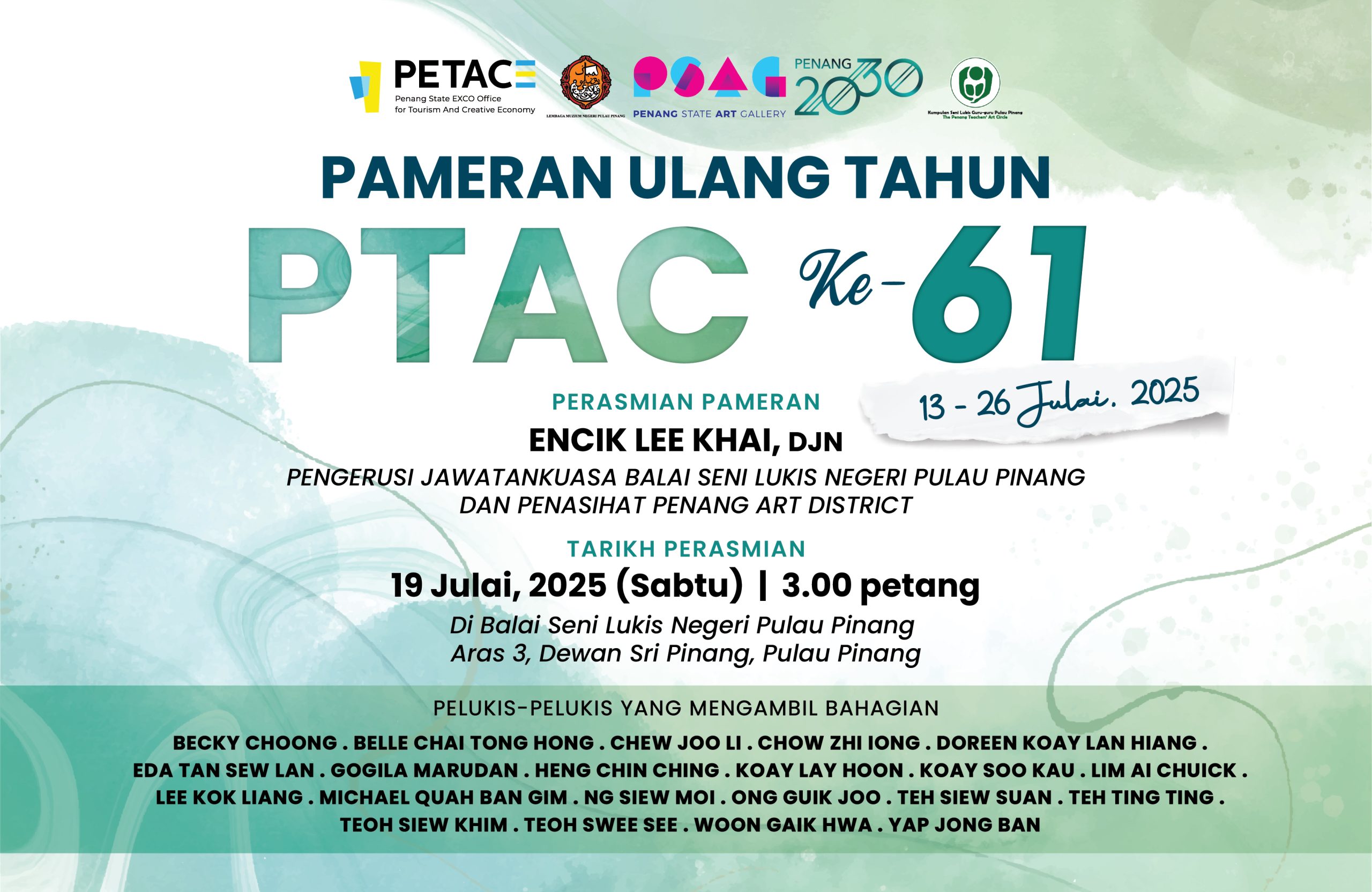
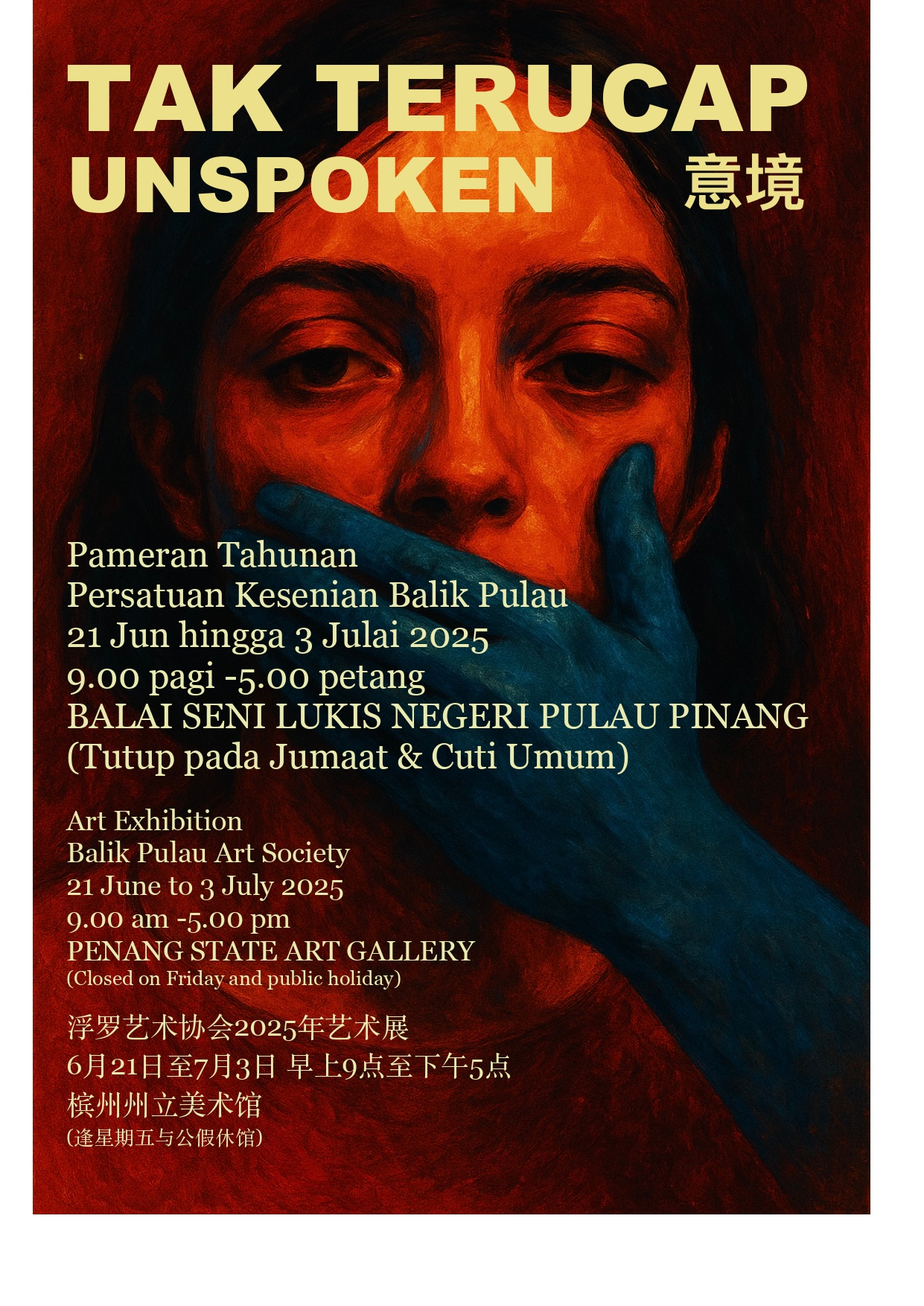
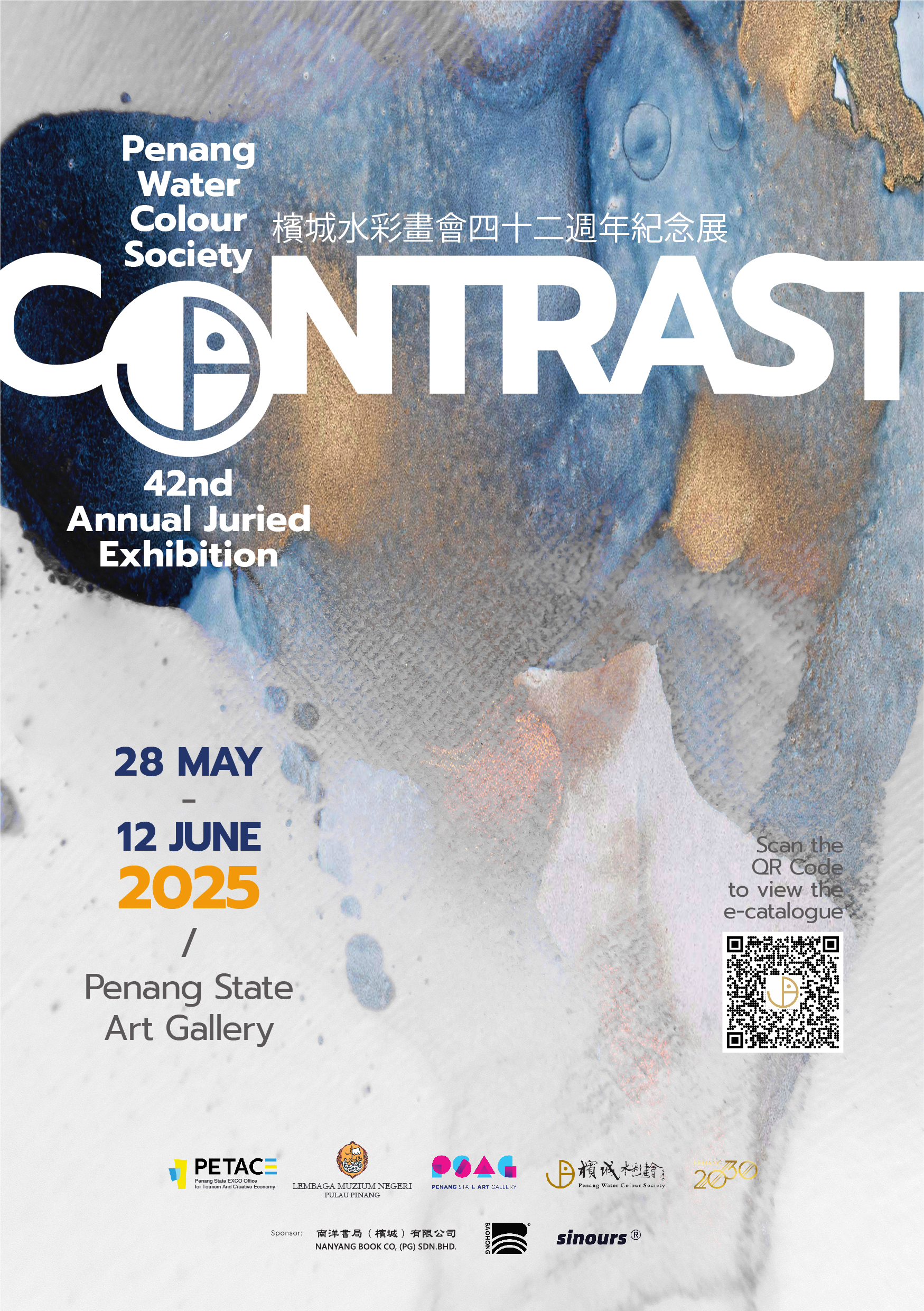
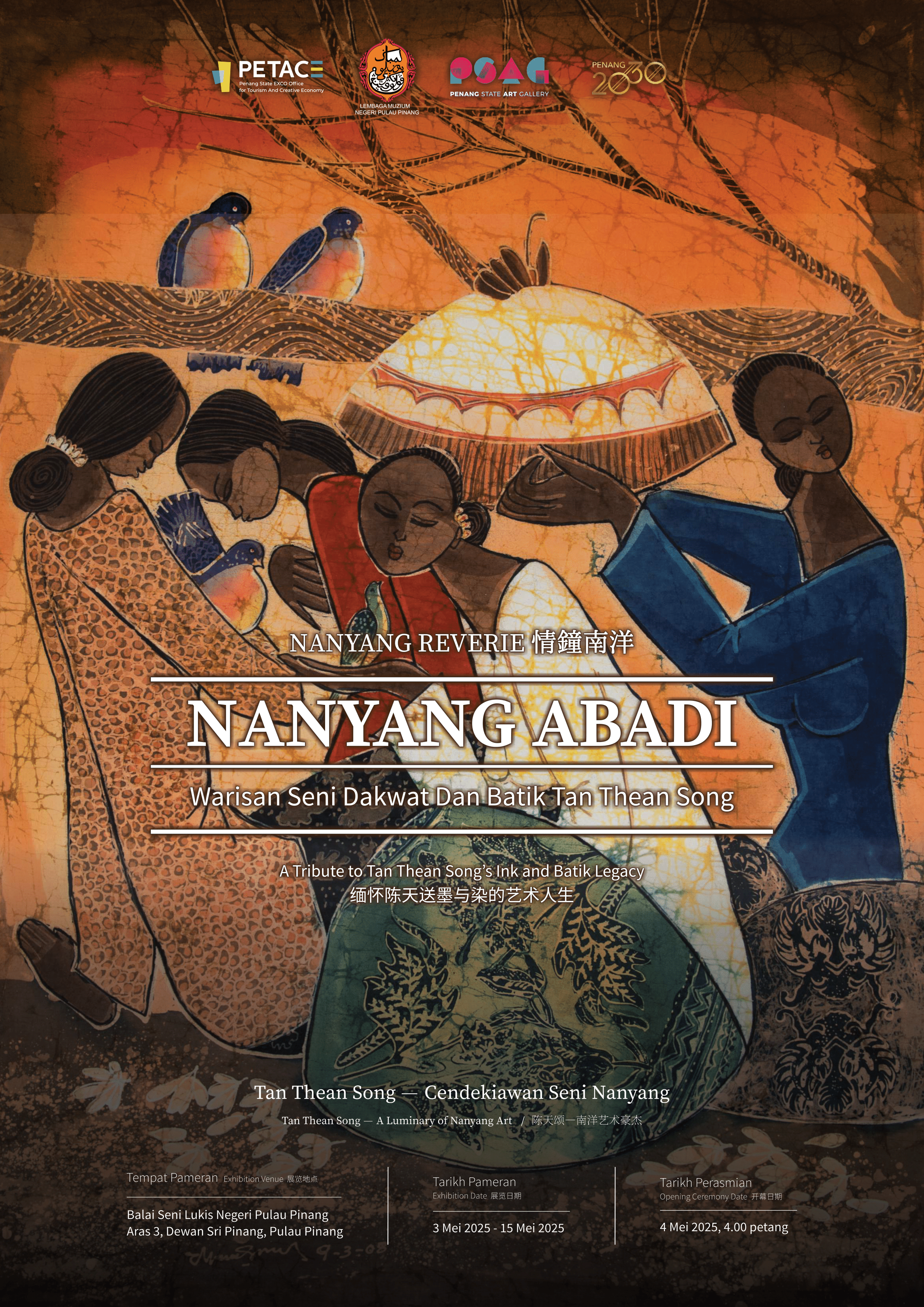

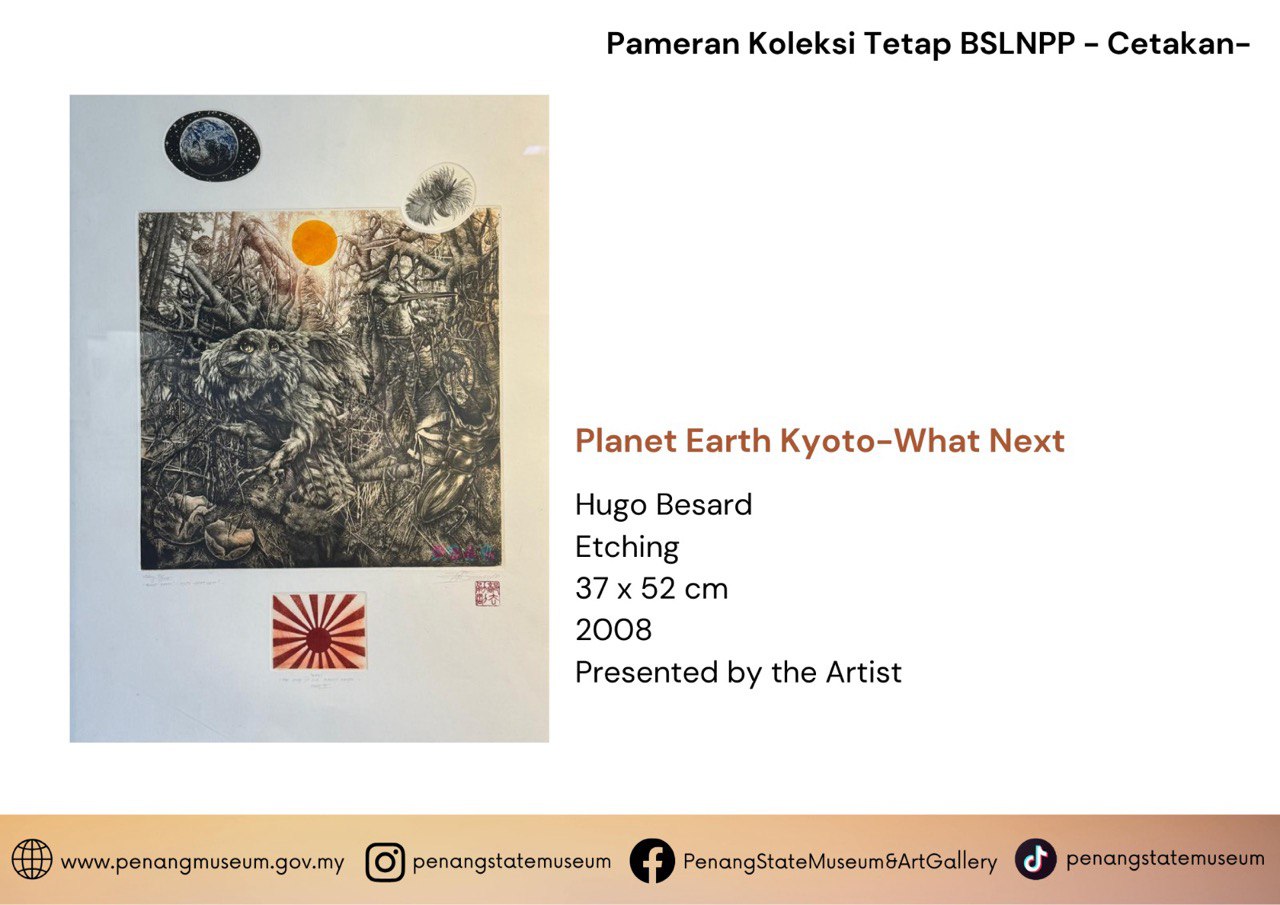
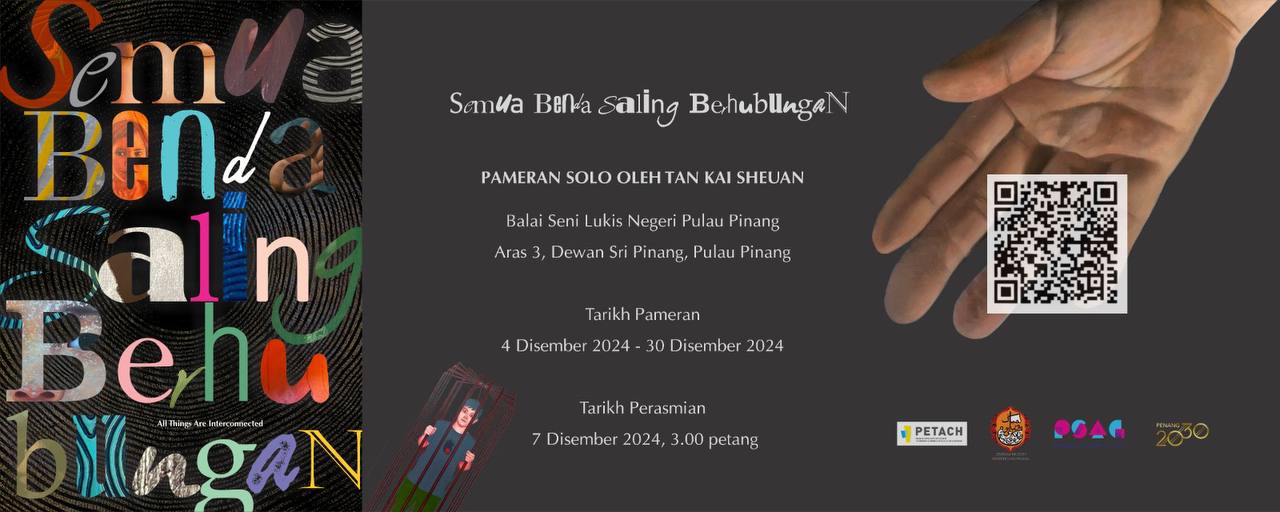


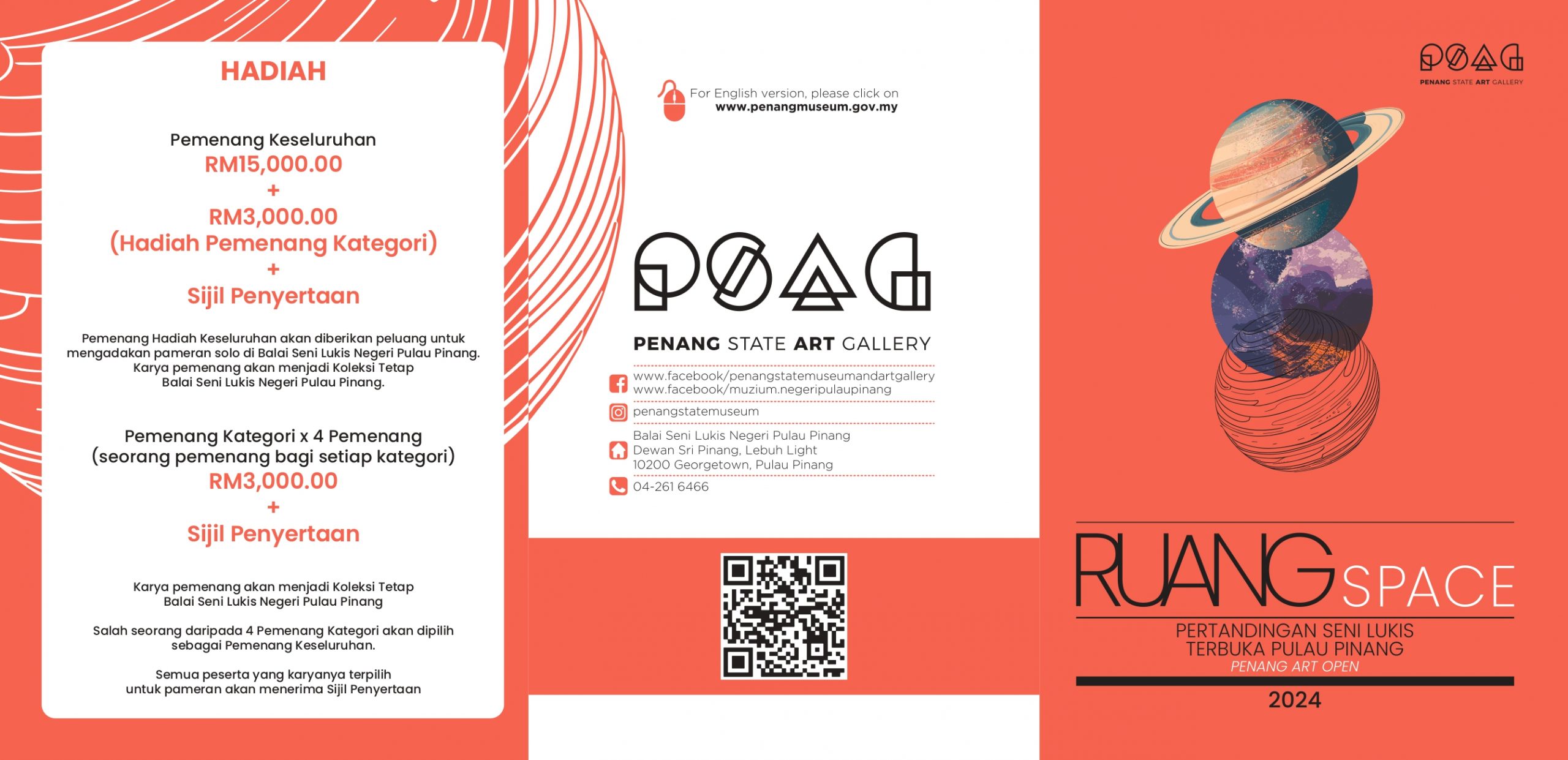
_page-0001.jpg)
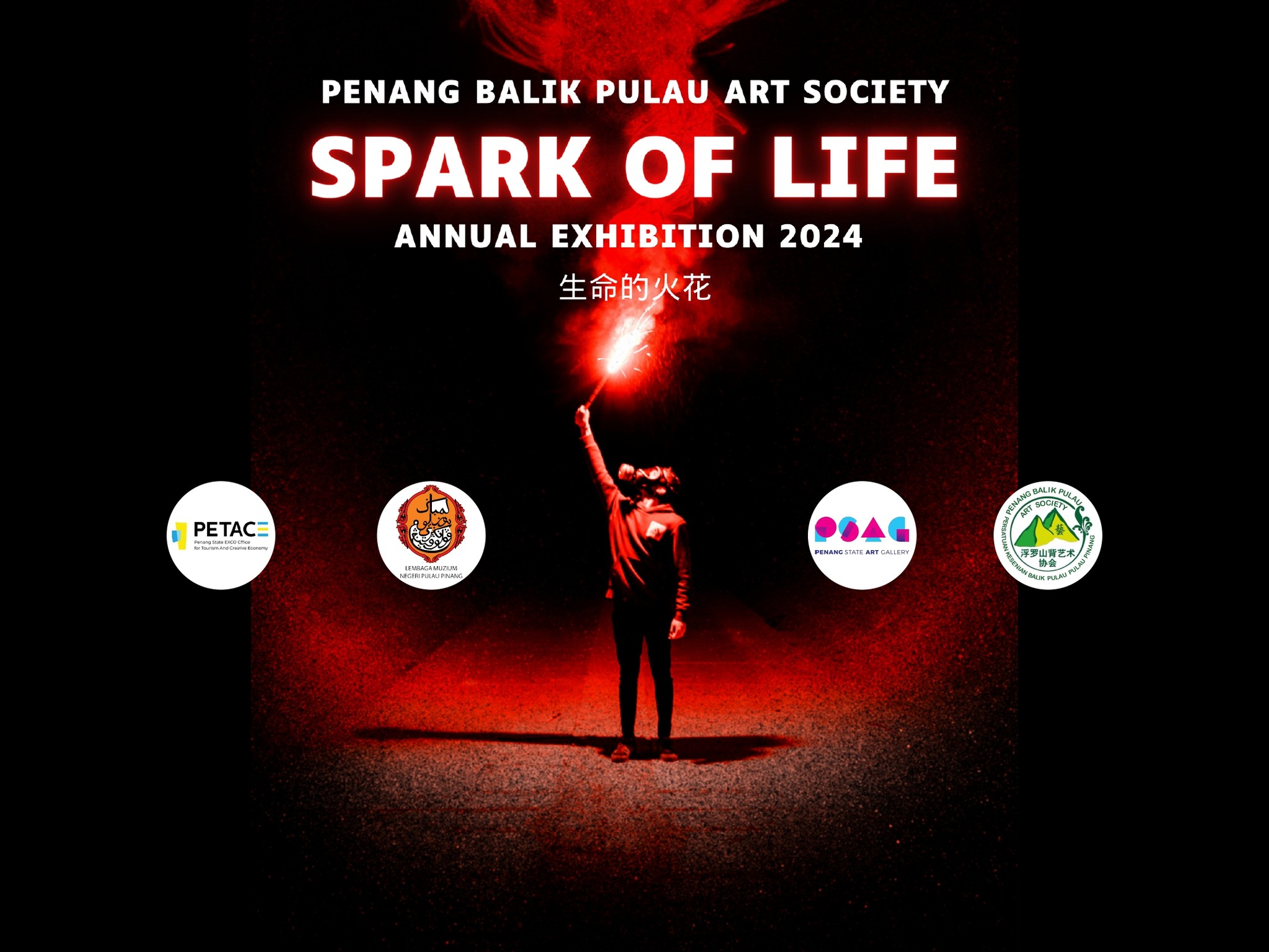
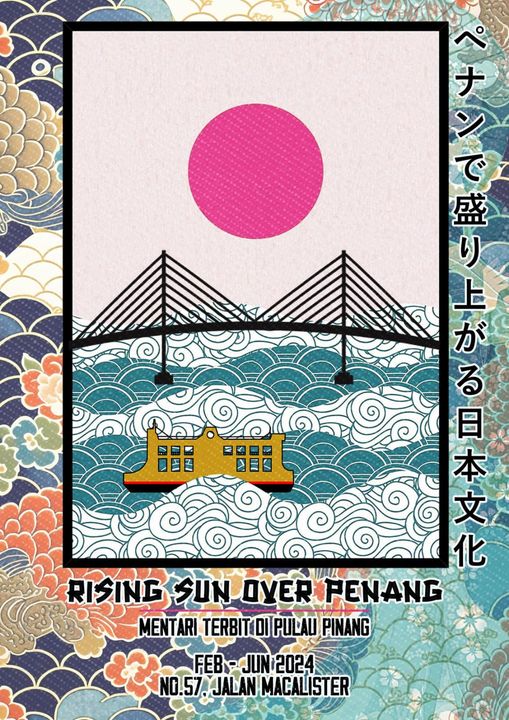
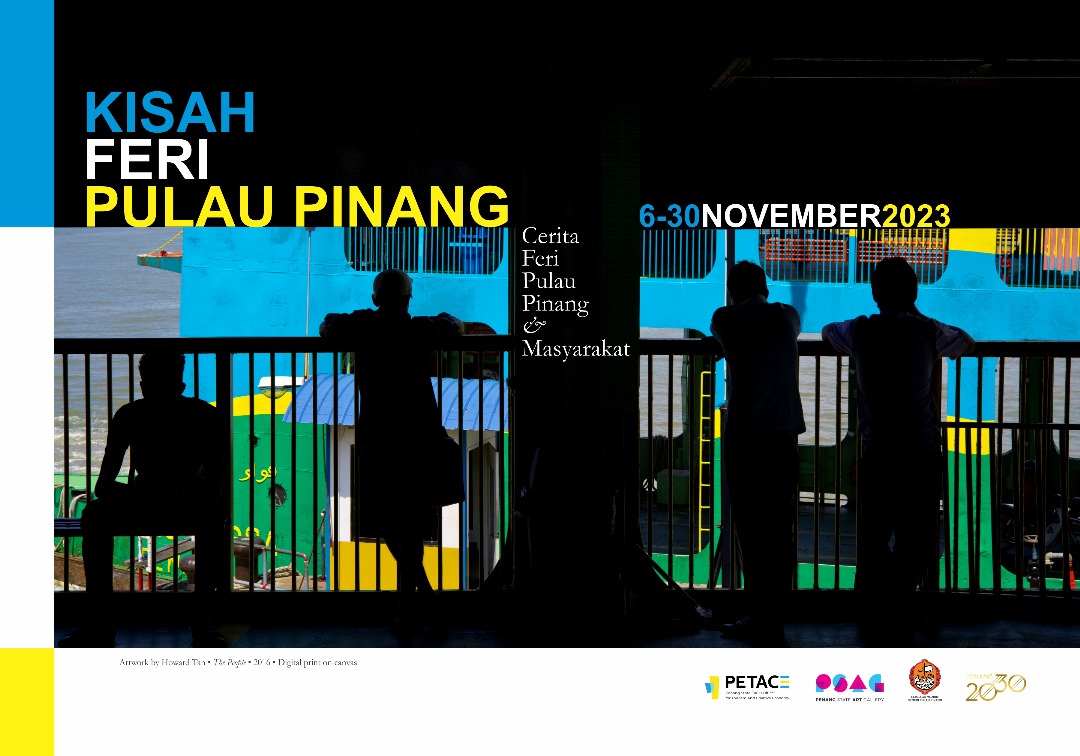
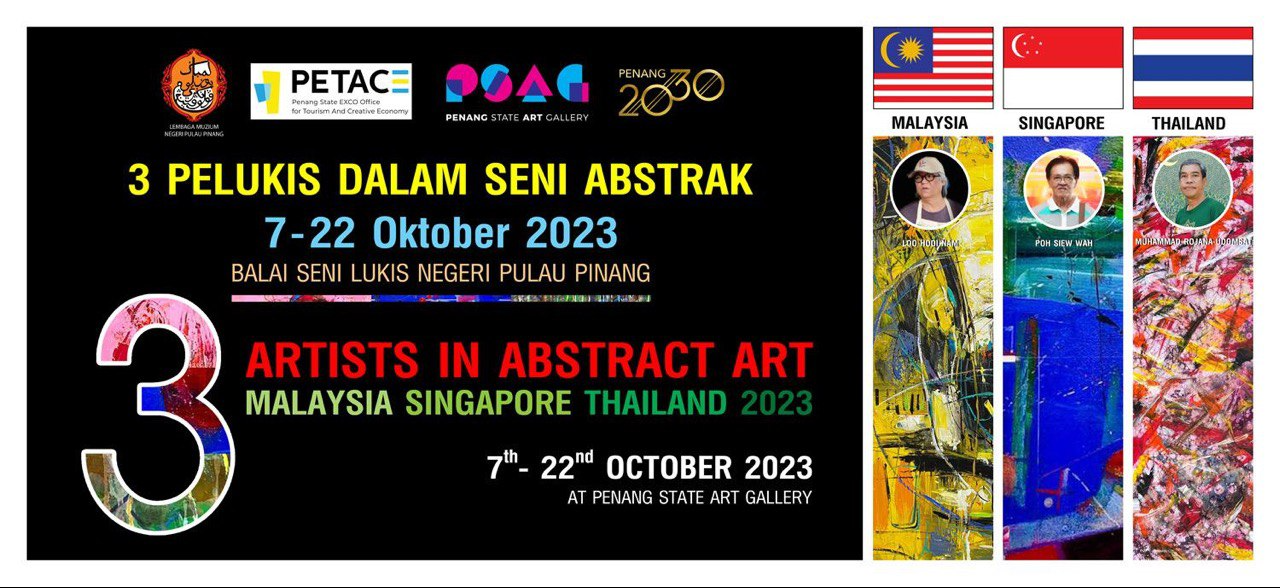
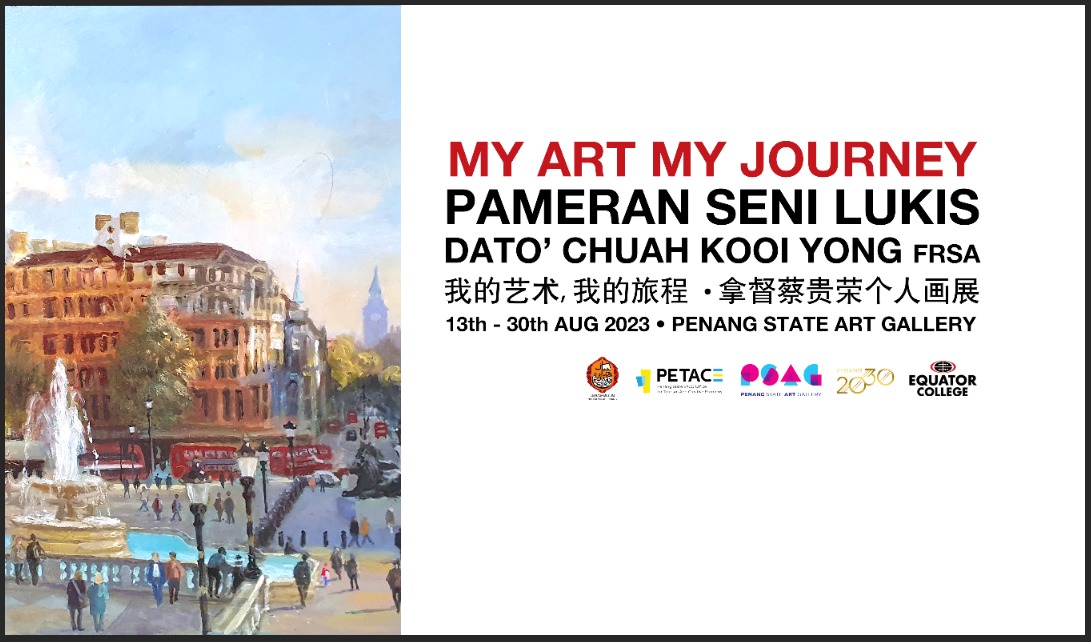
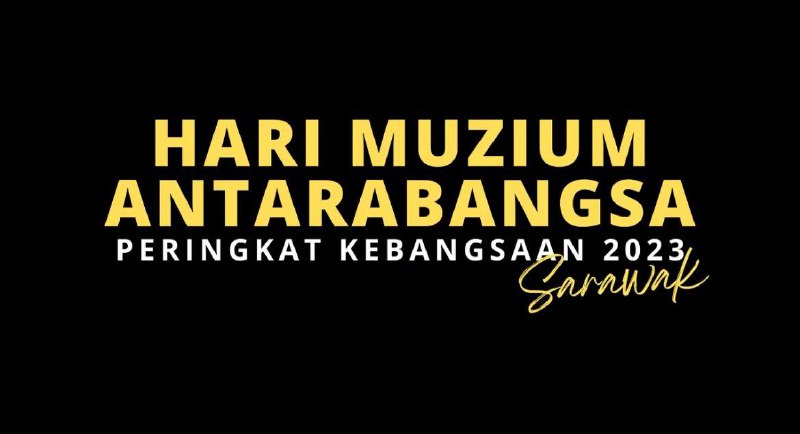
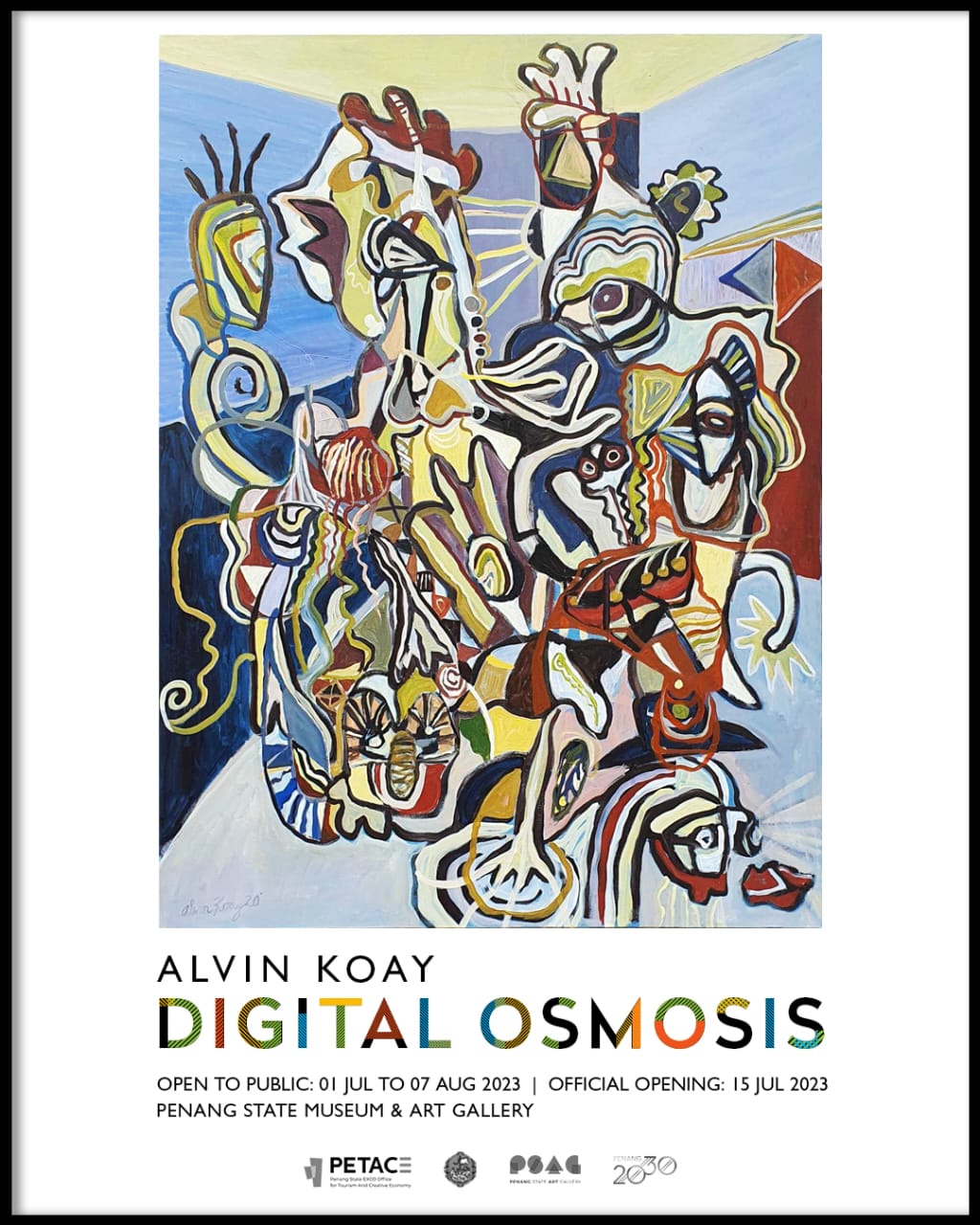
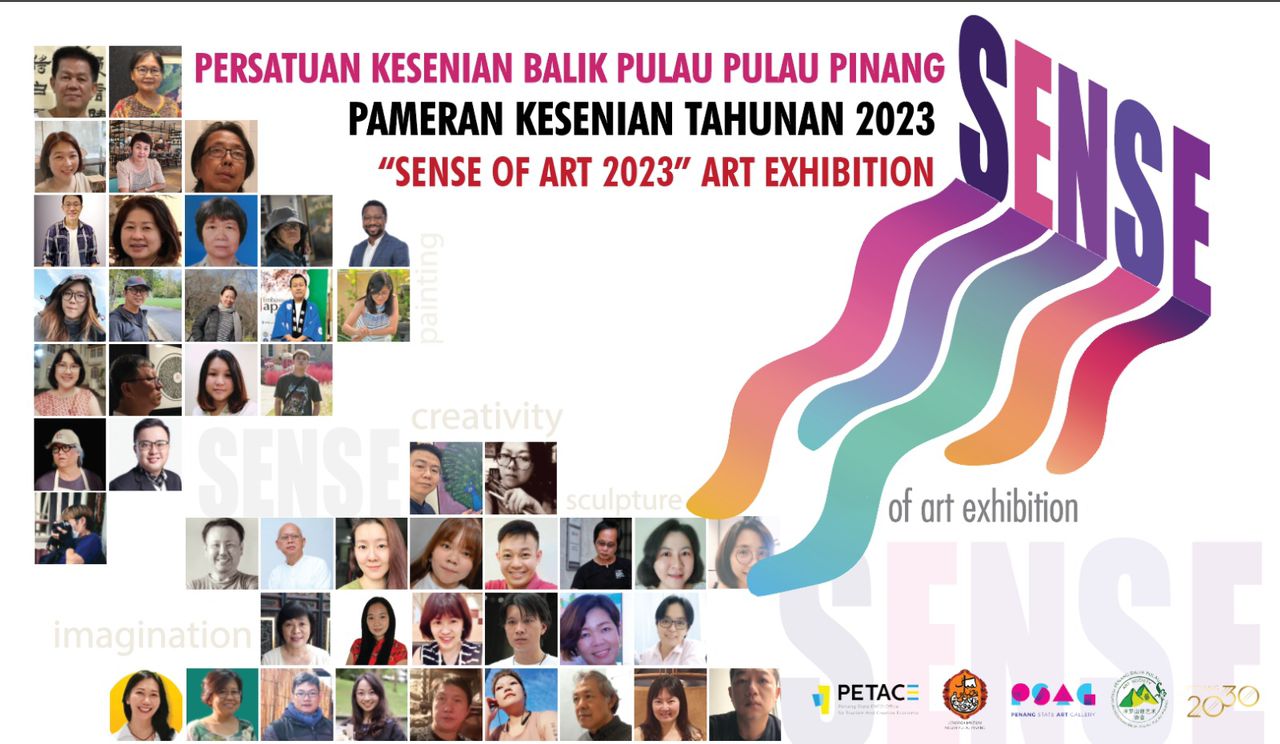
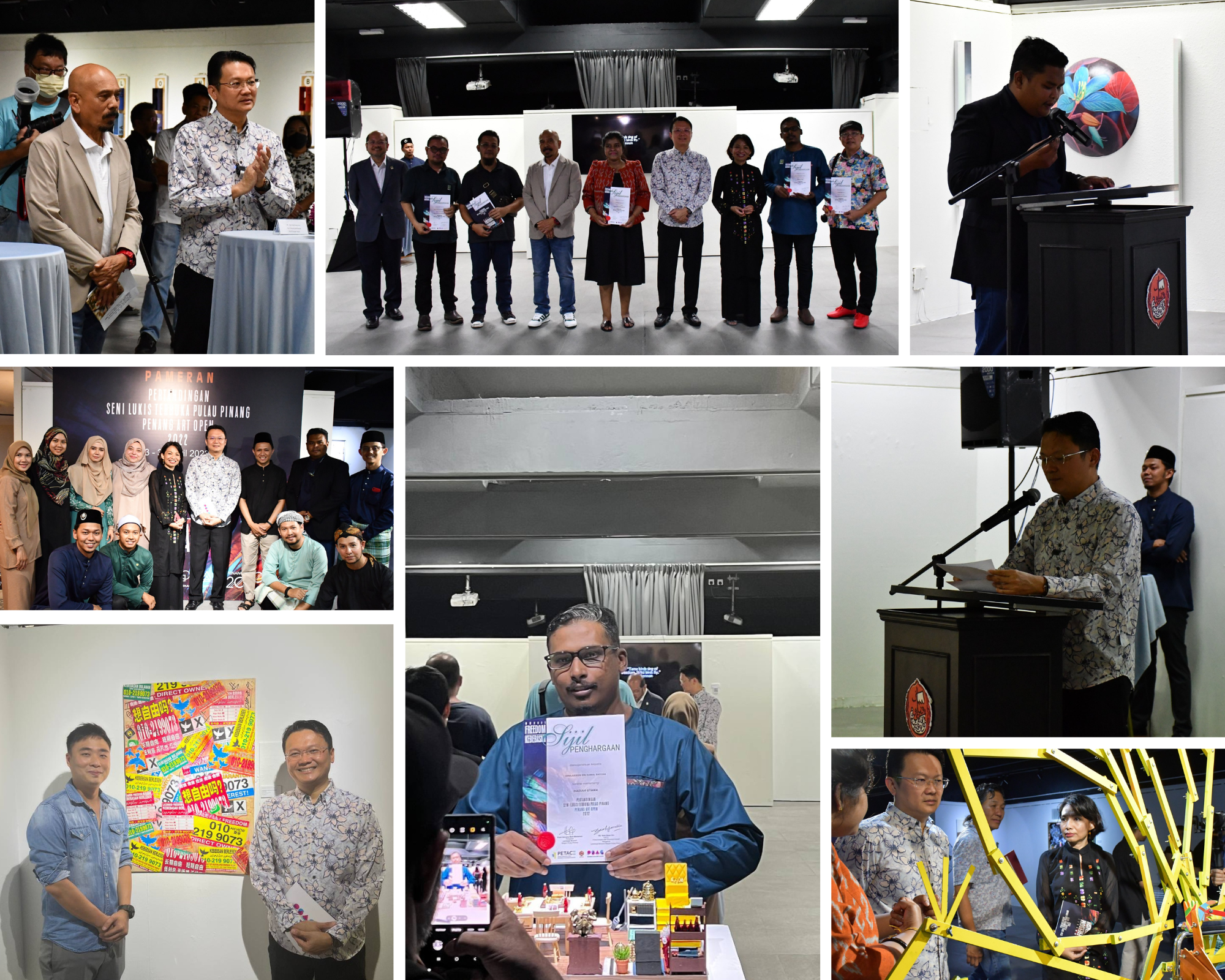
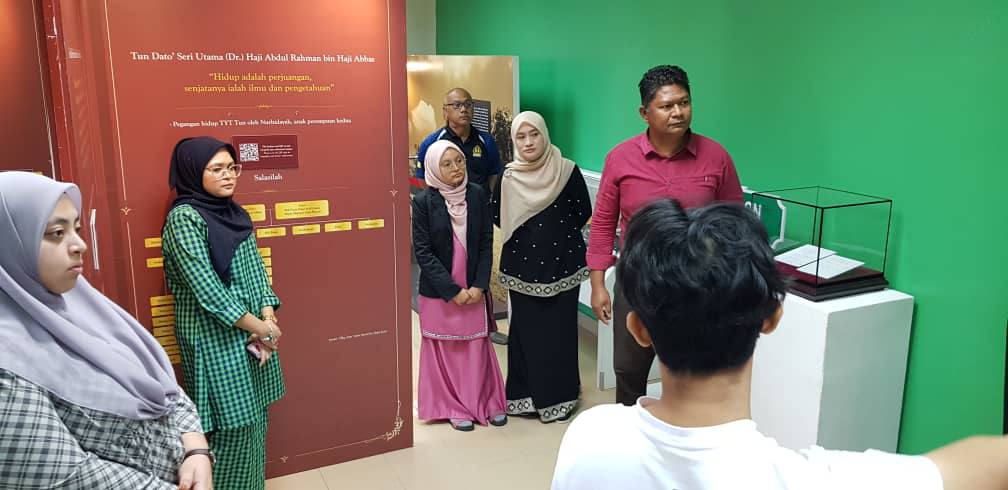
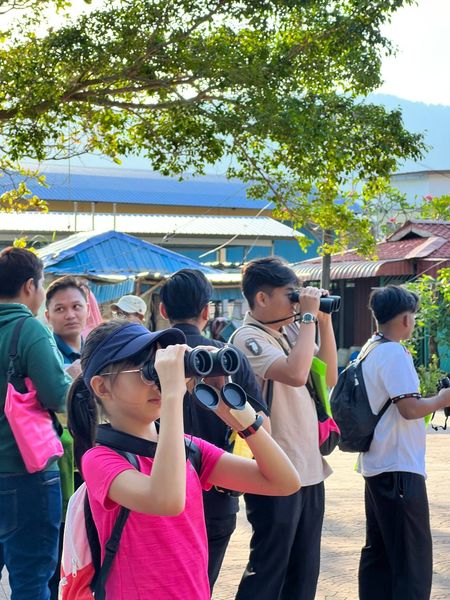
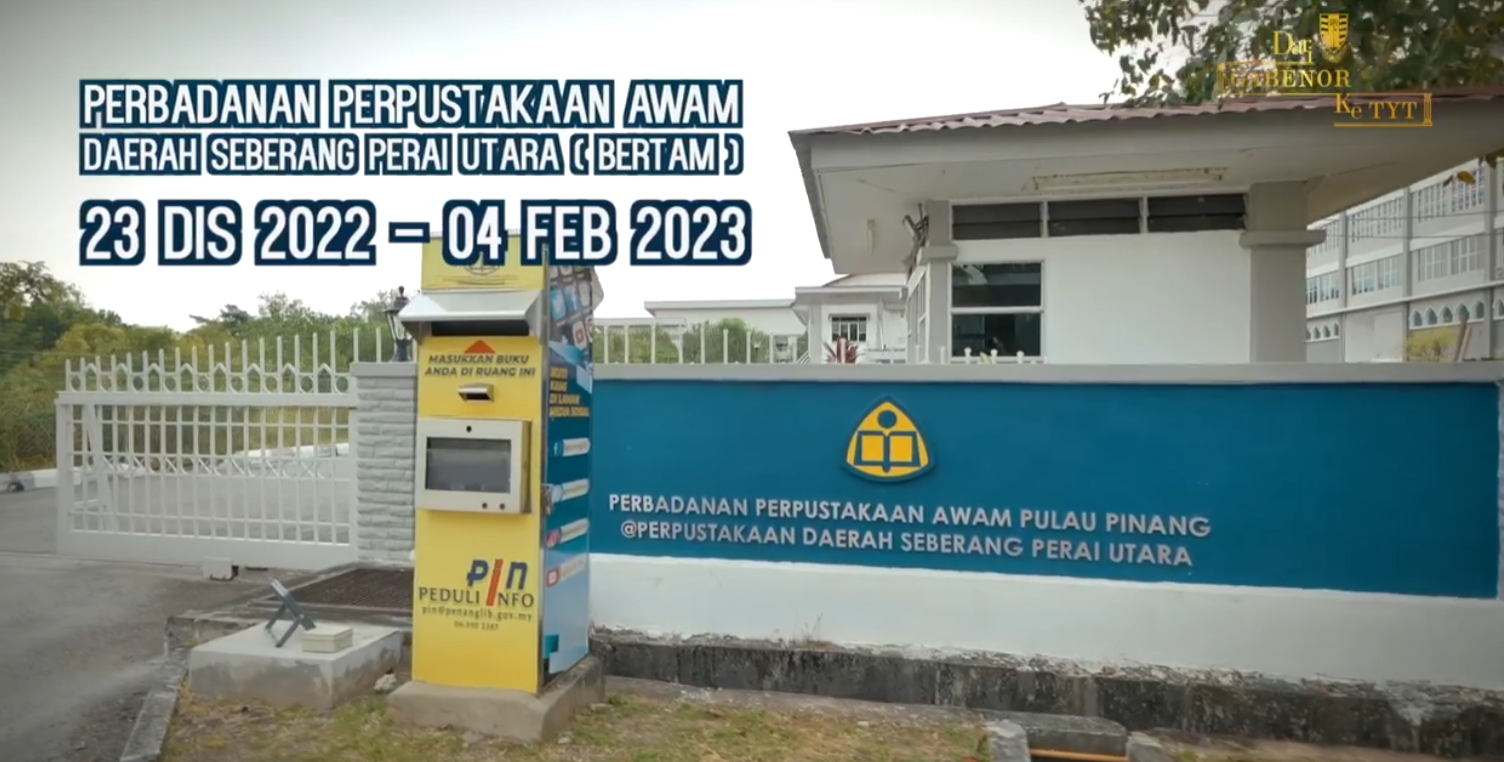




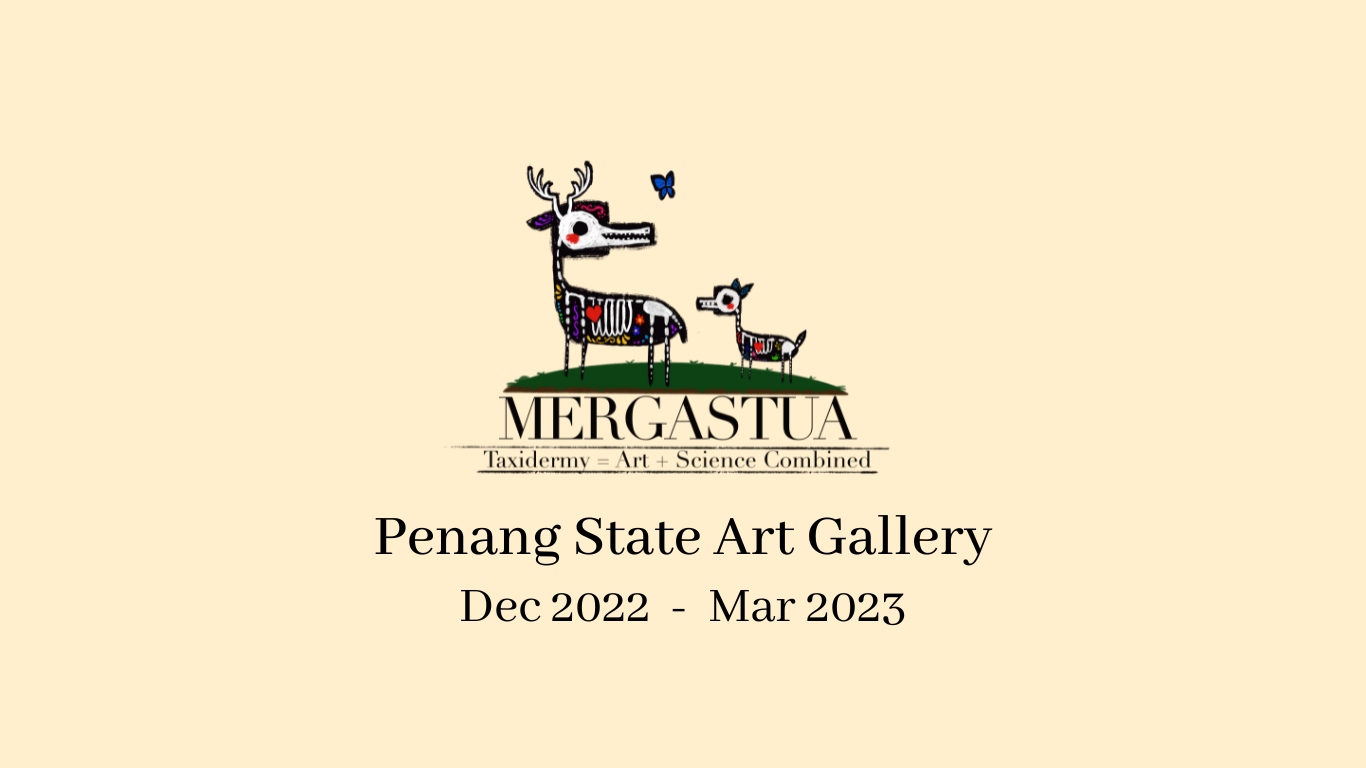
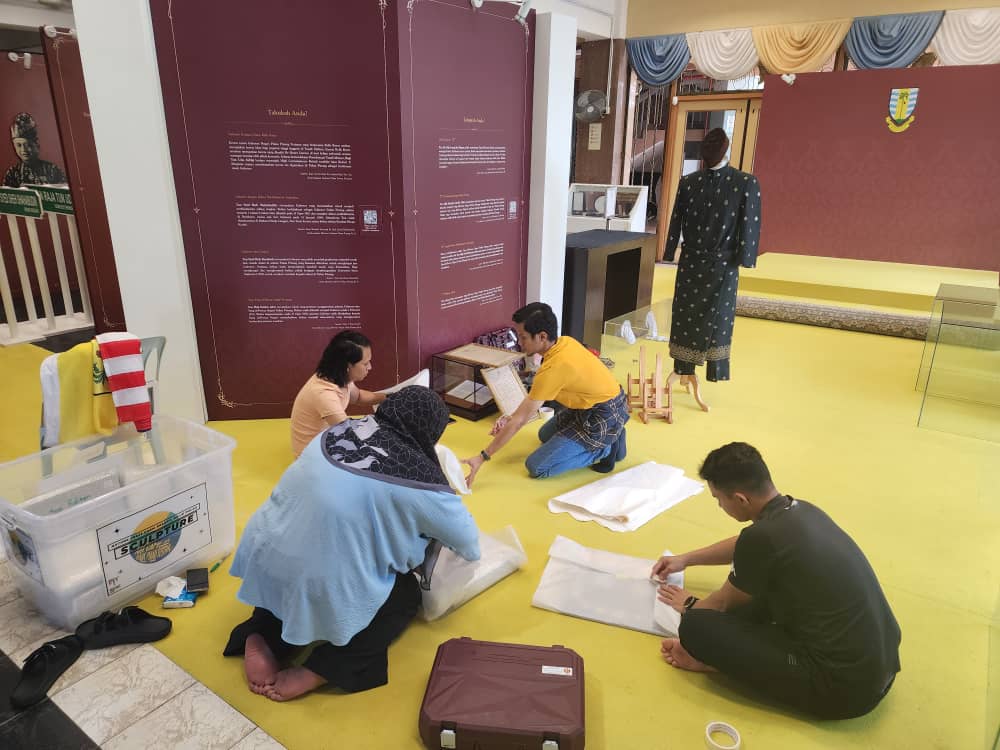
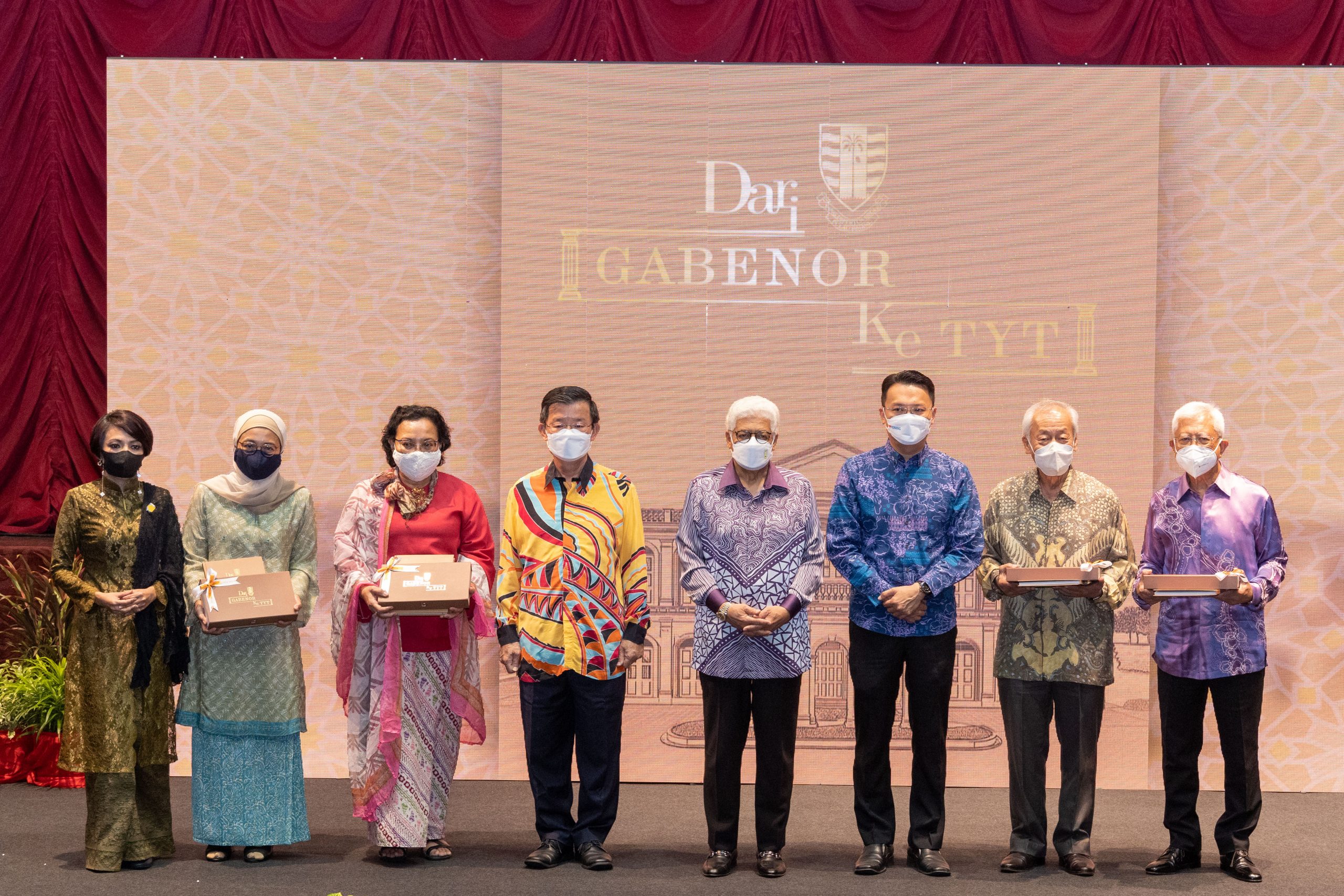
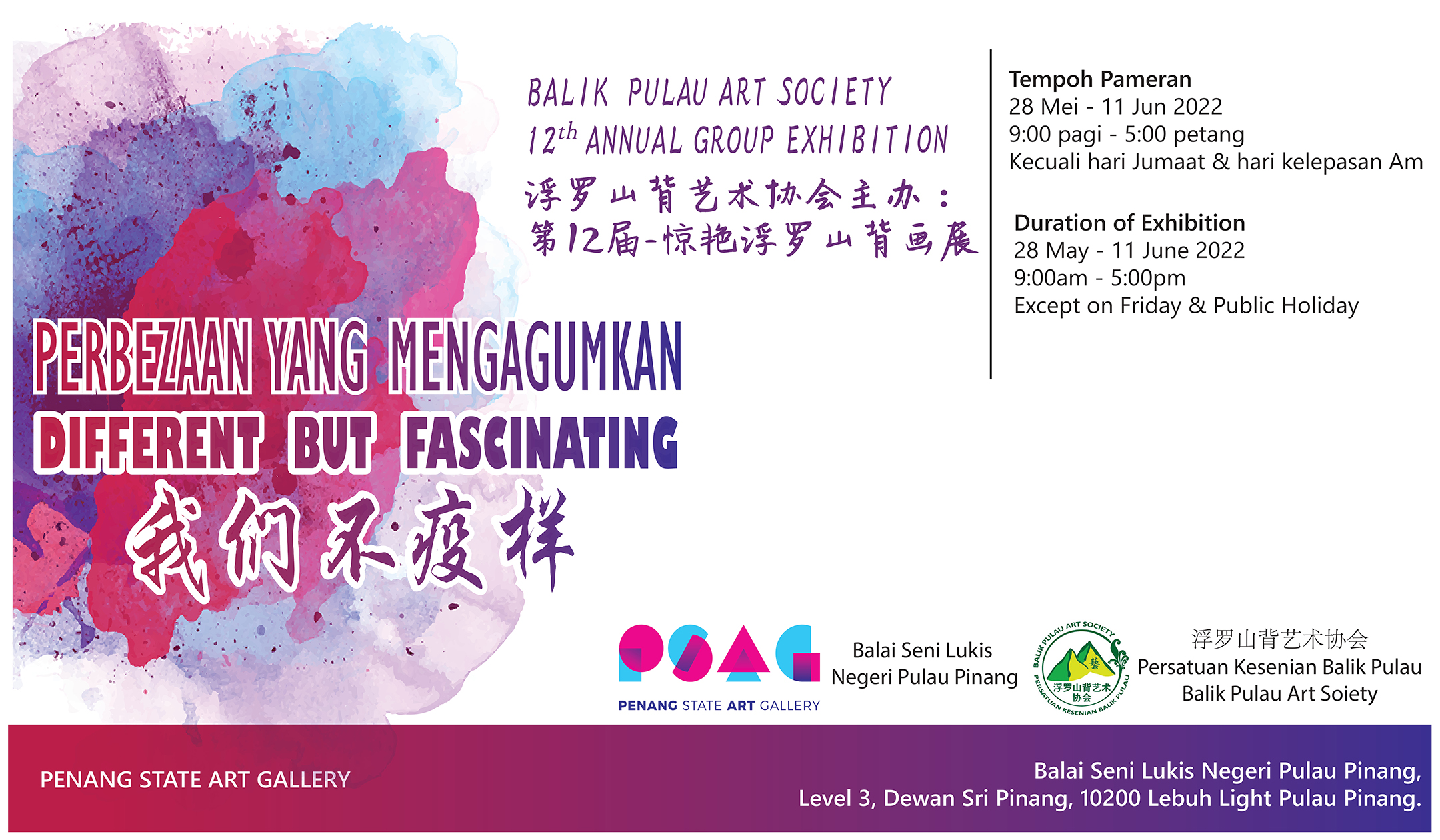
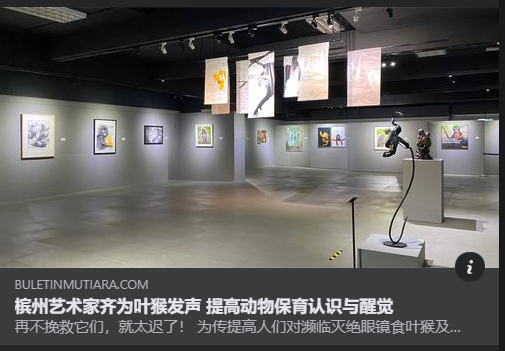
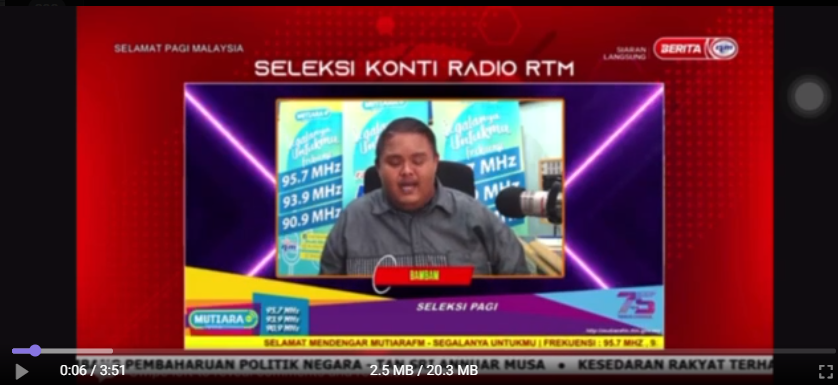
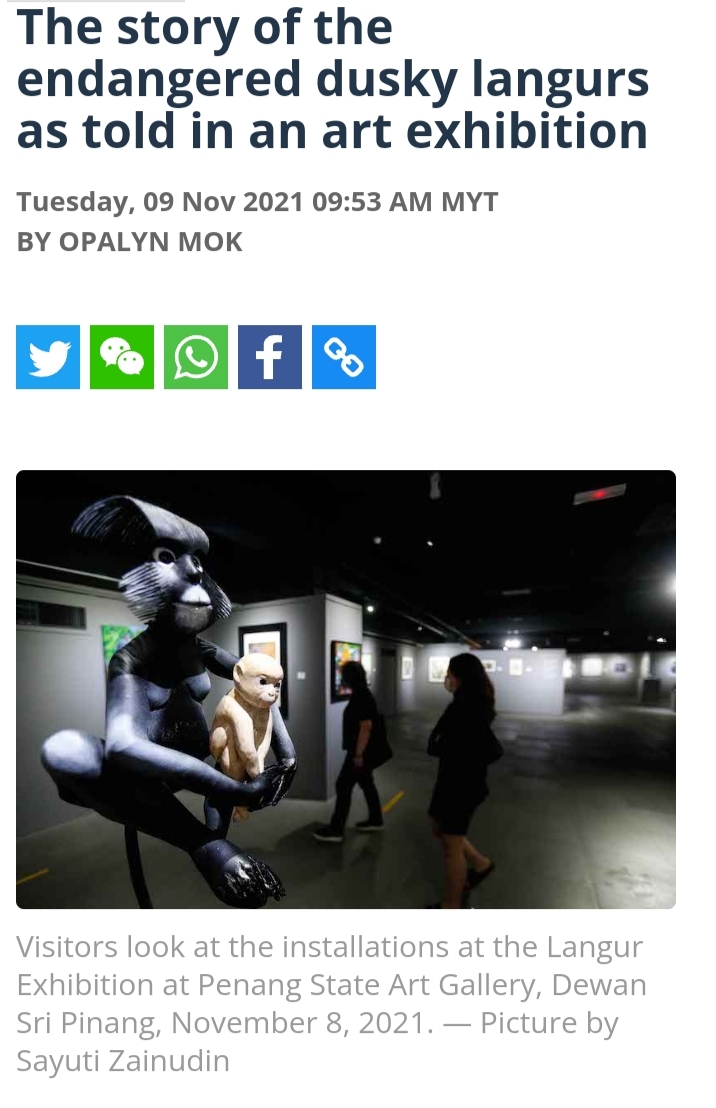
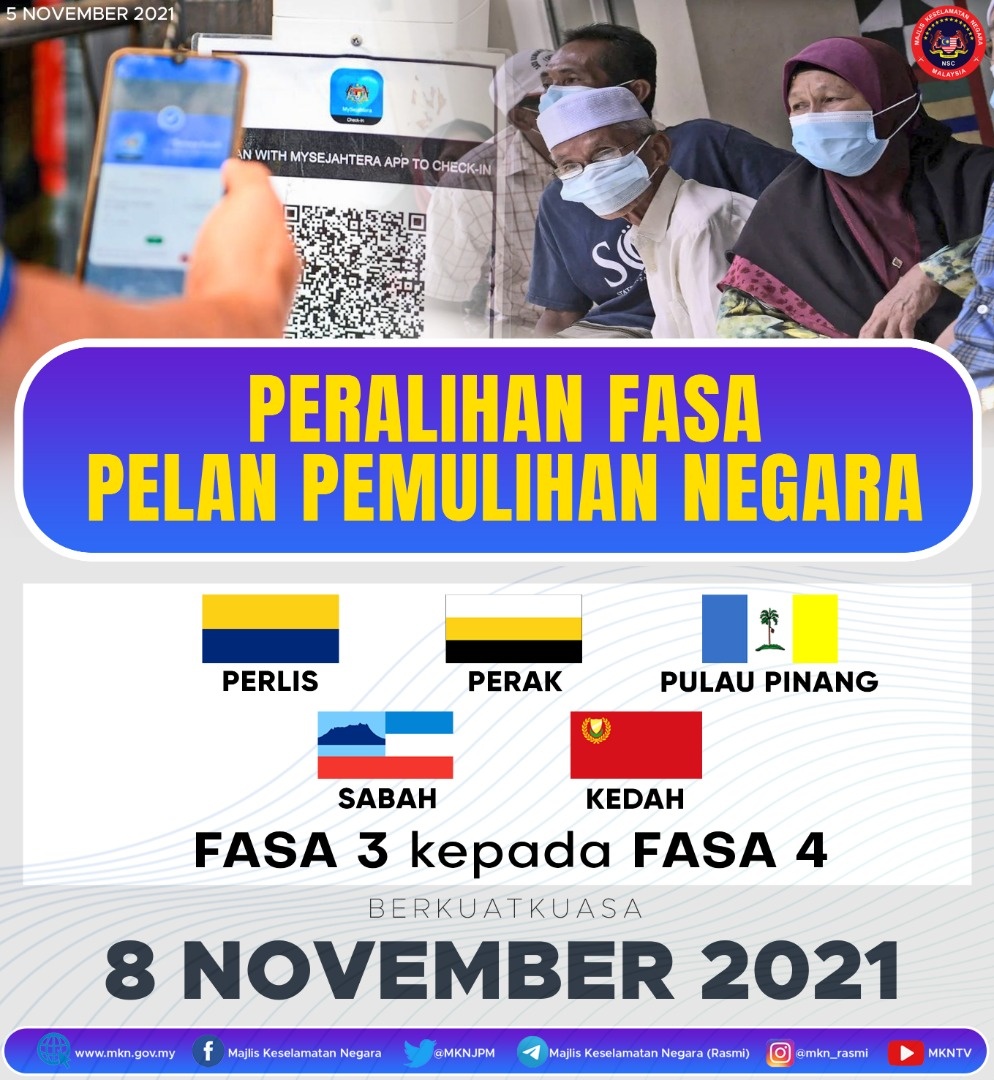
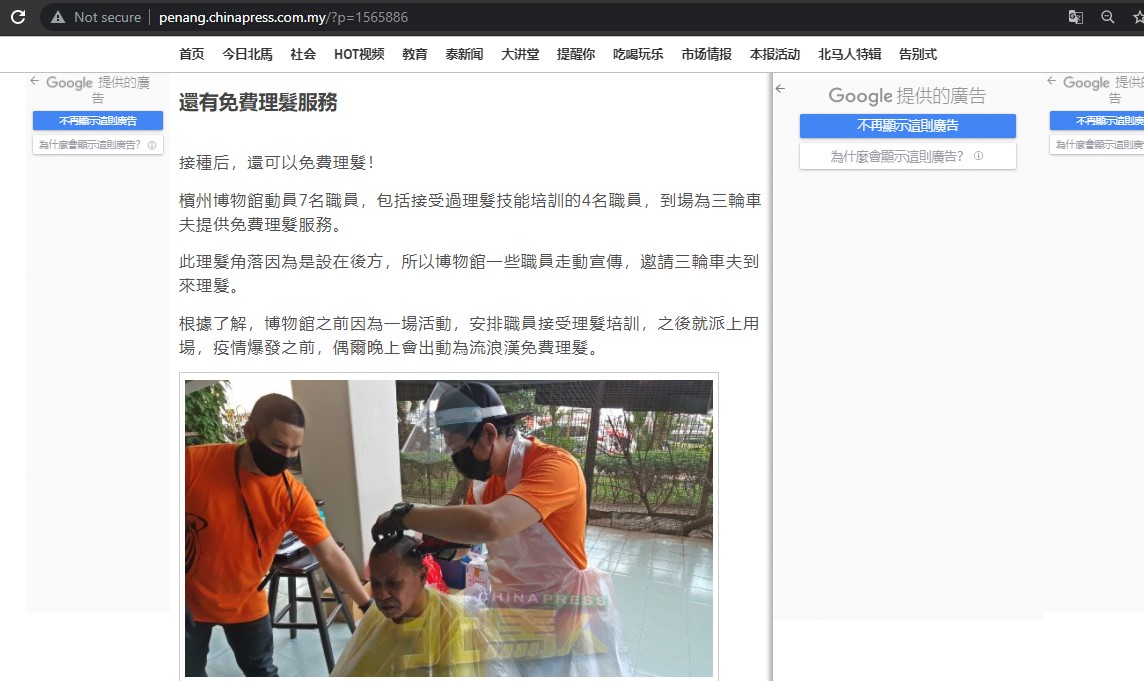
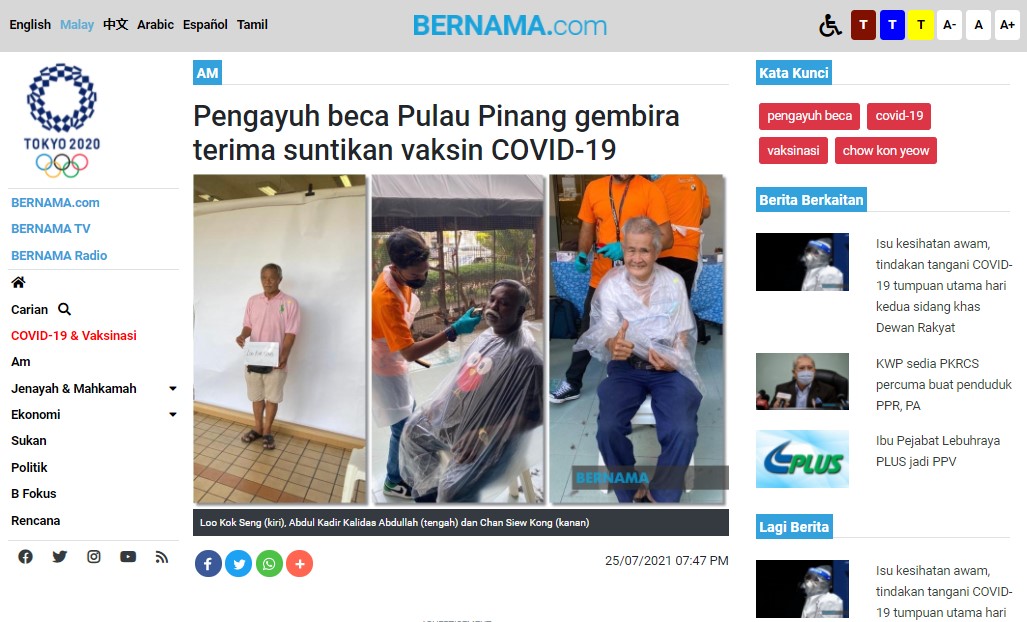
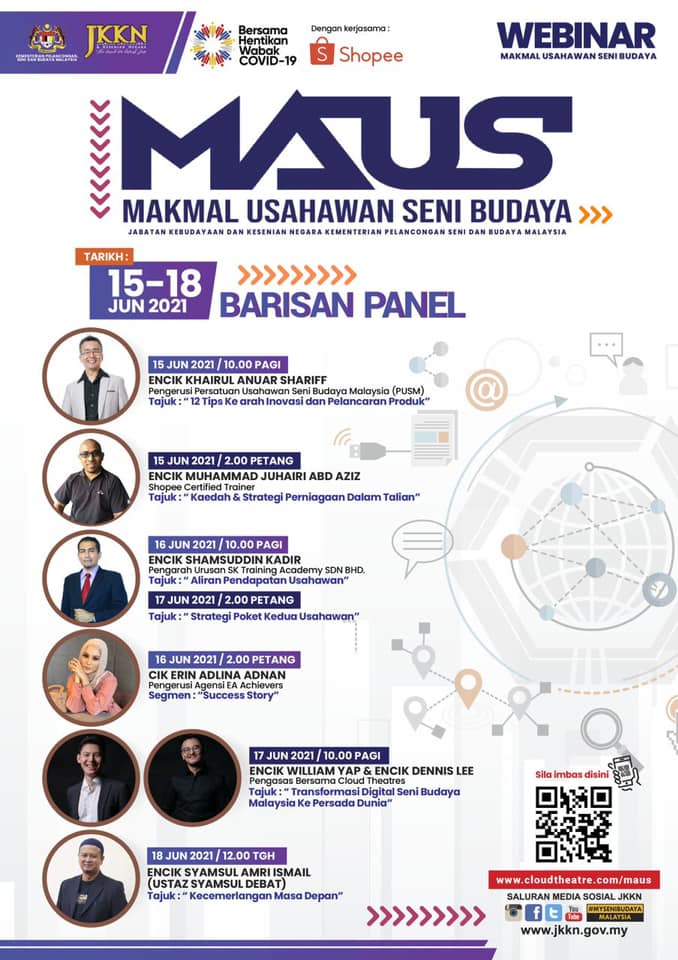
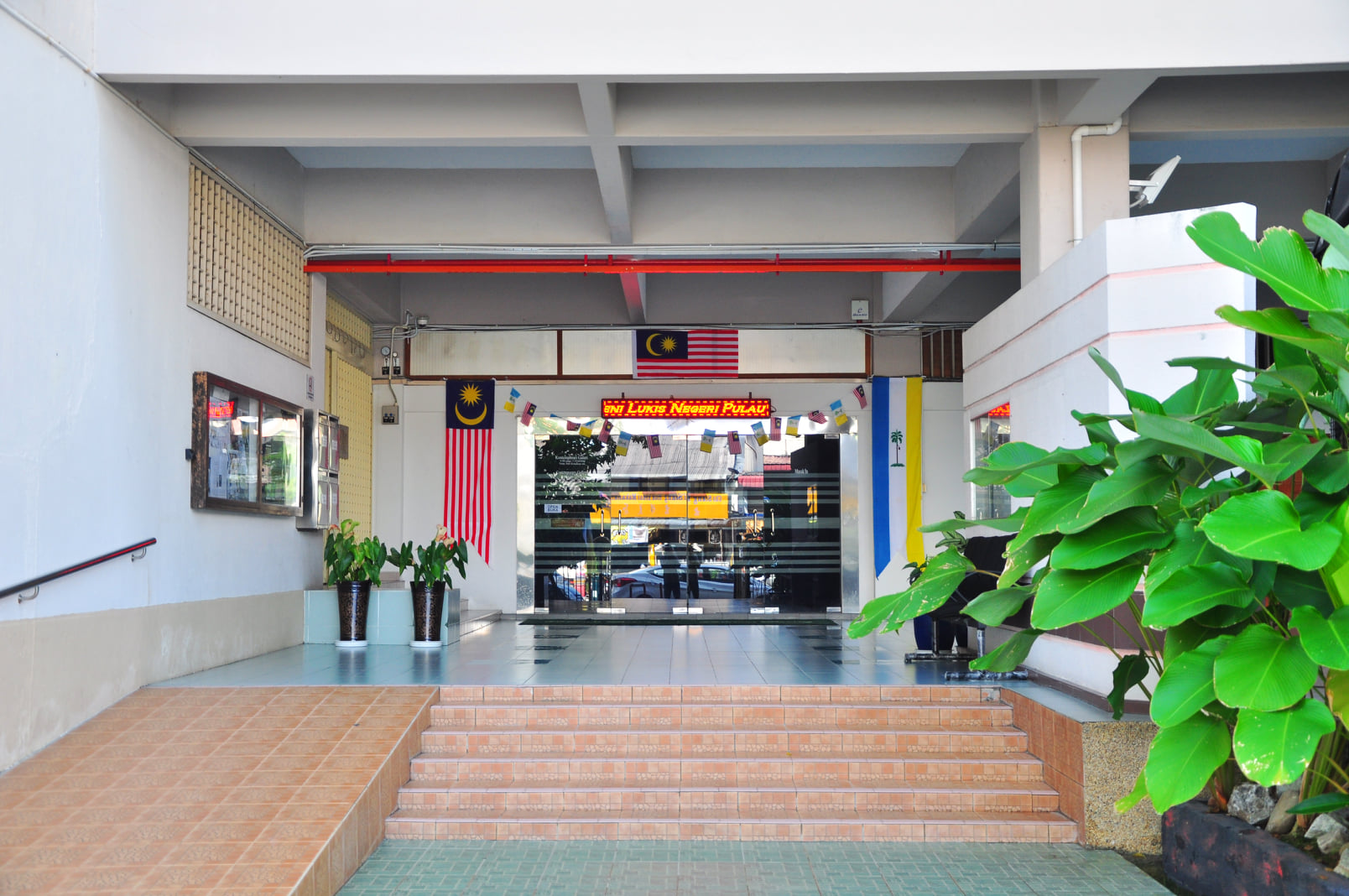
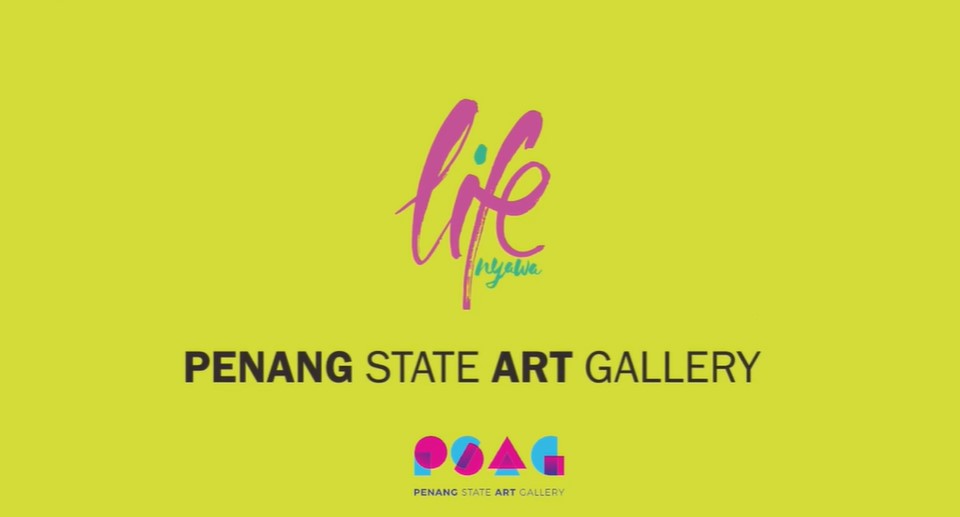
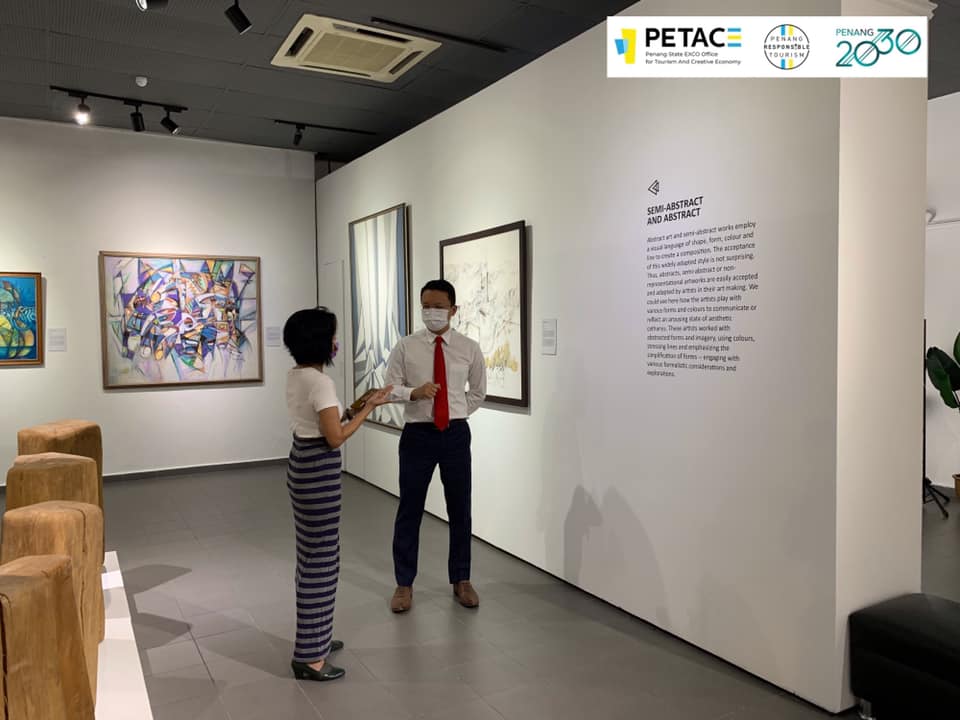
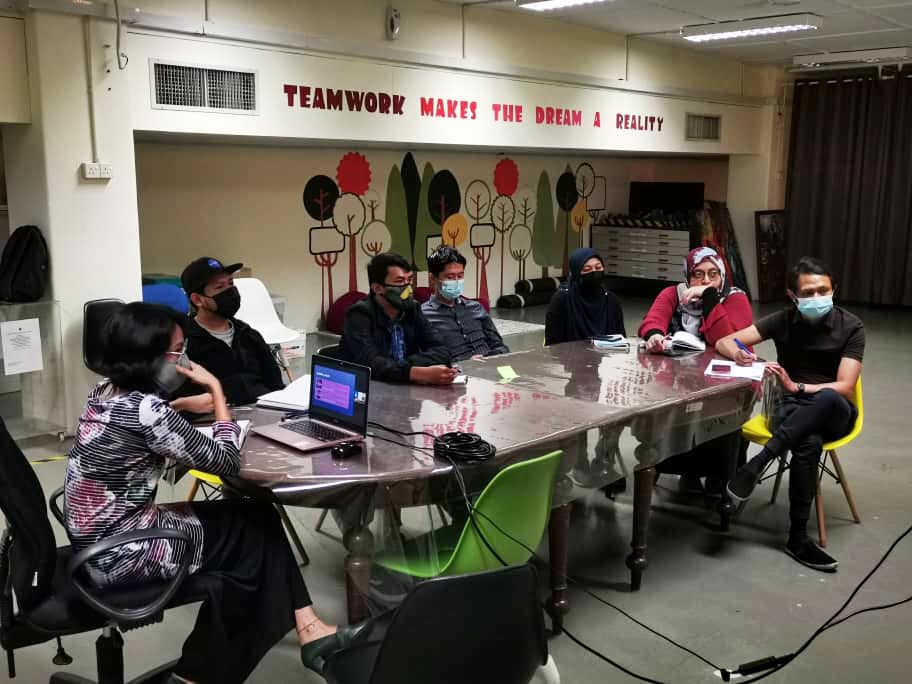
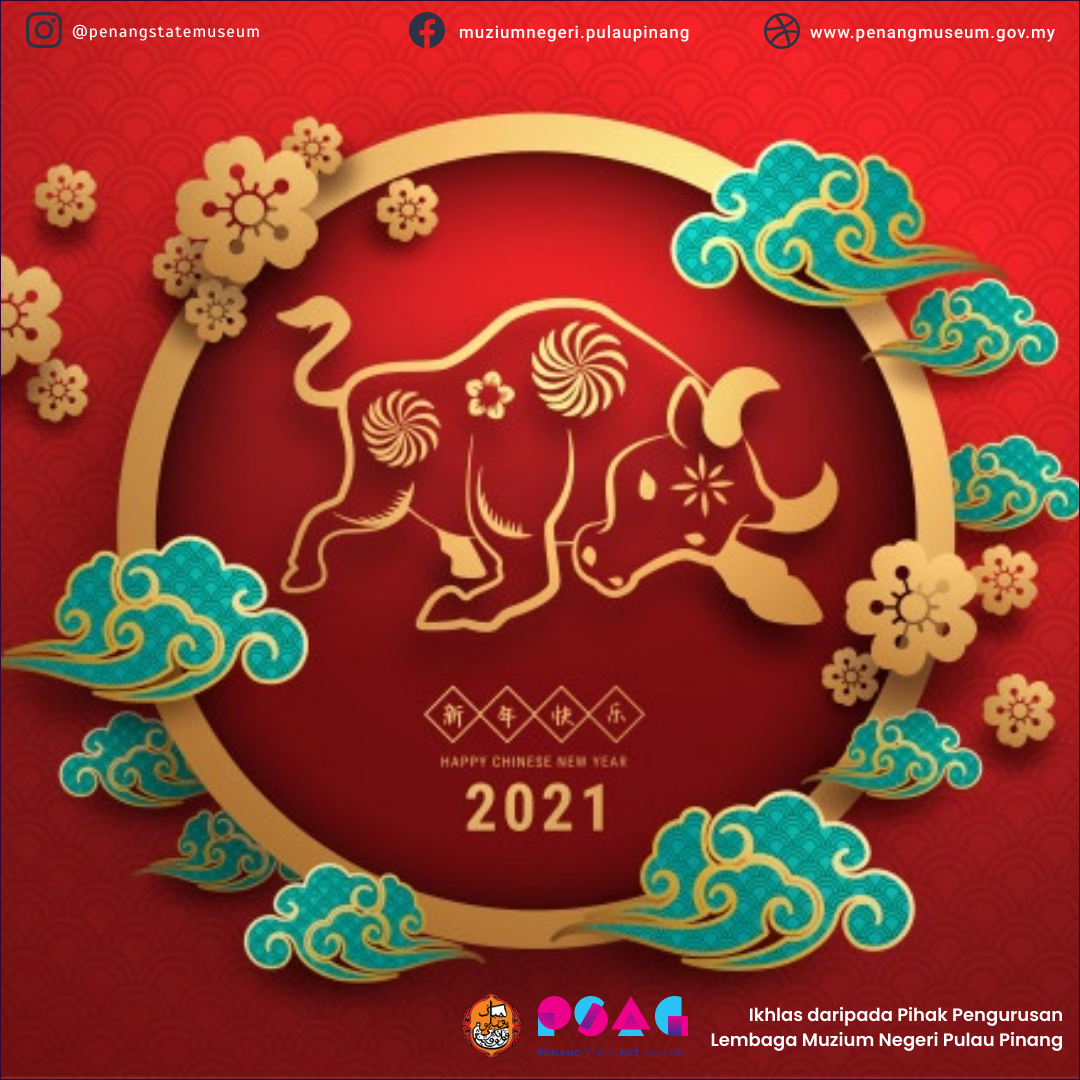
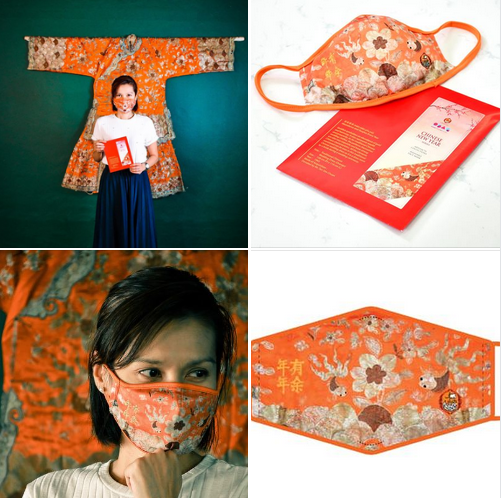
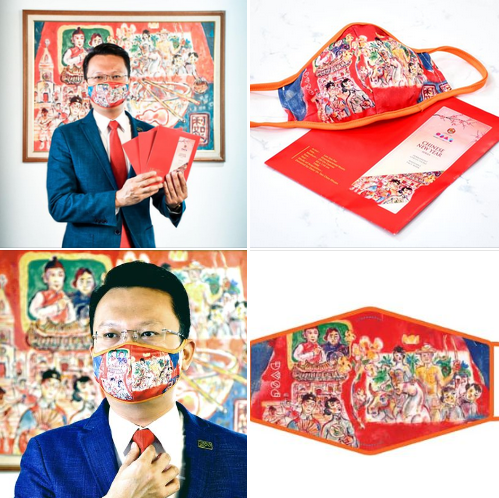
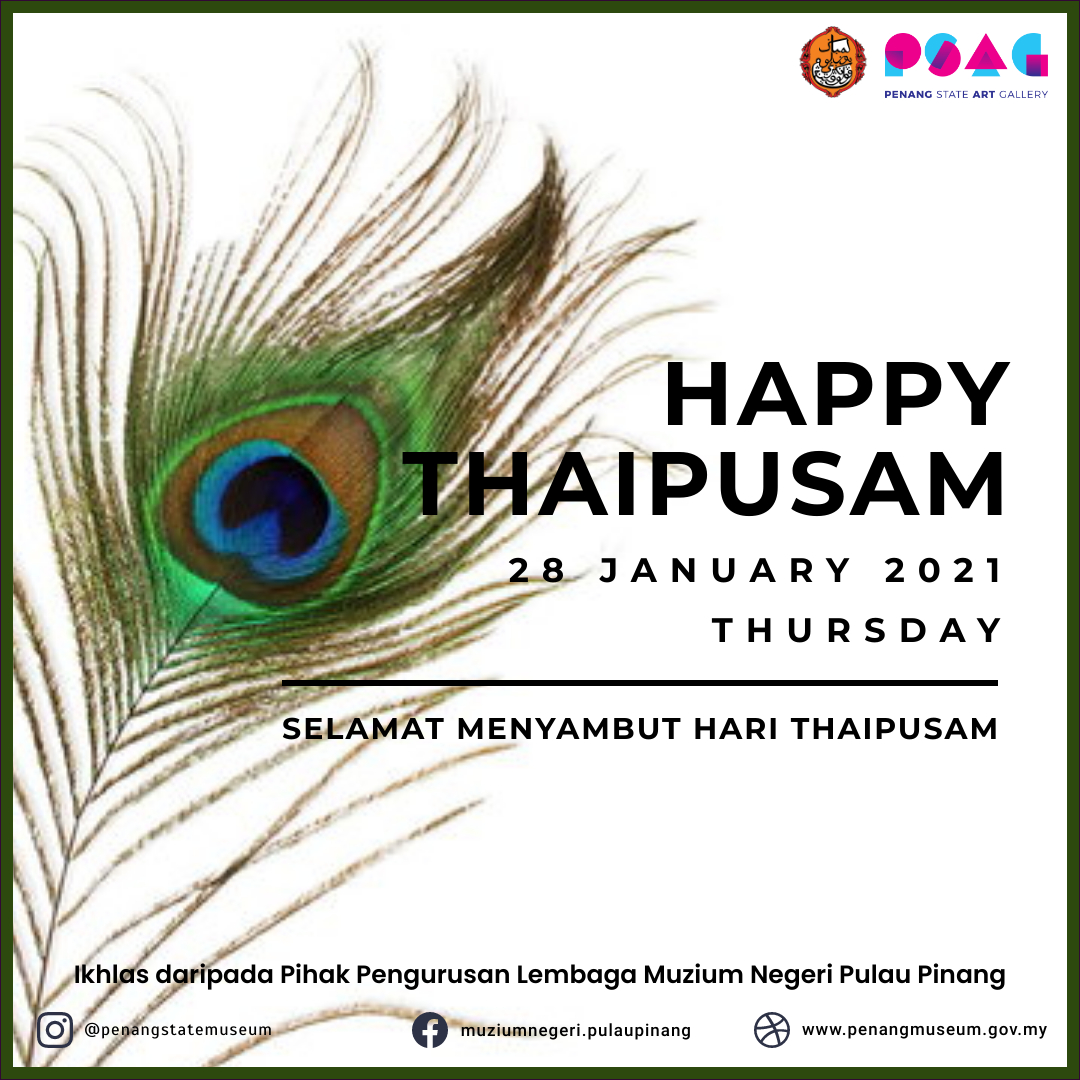
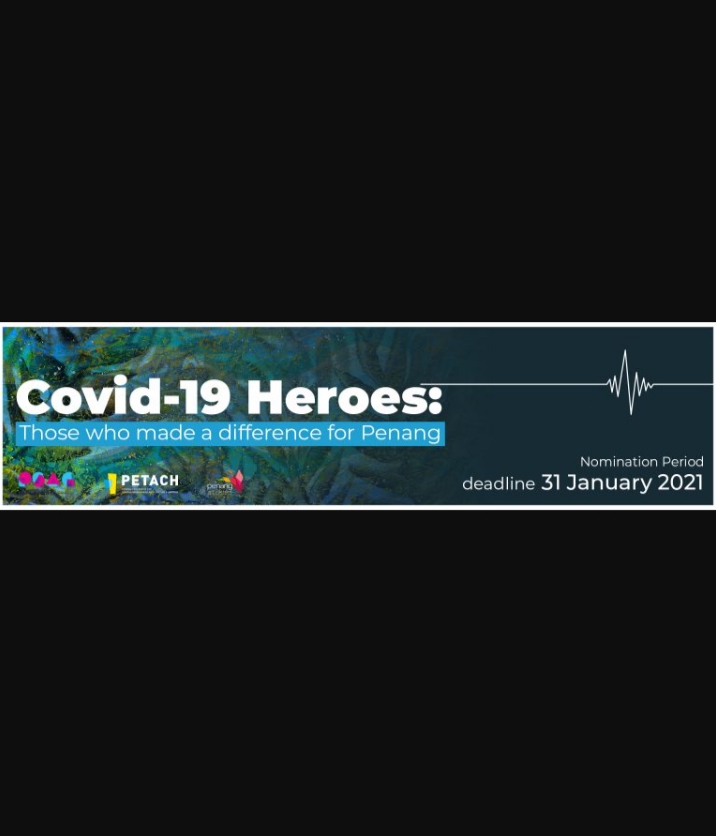
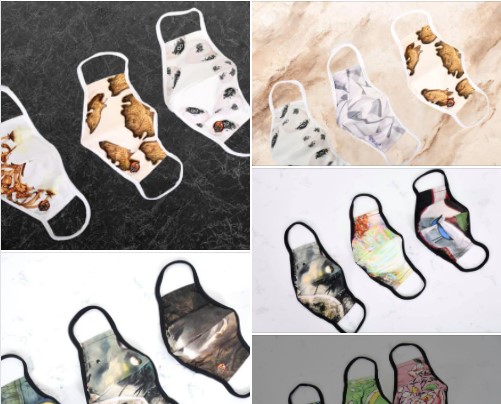

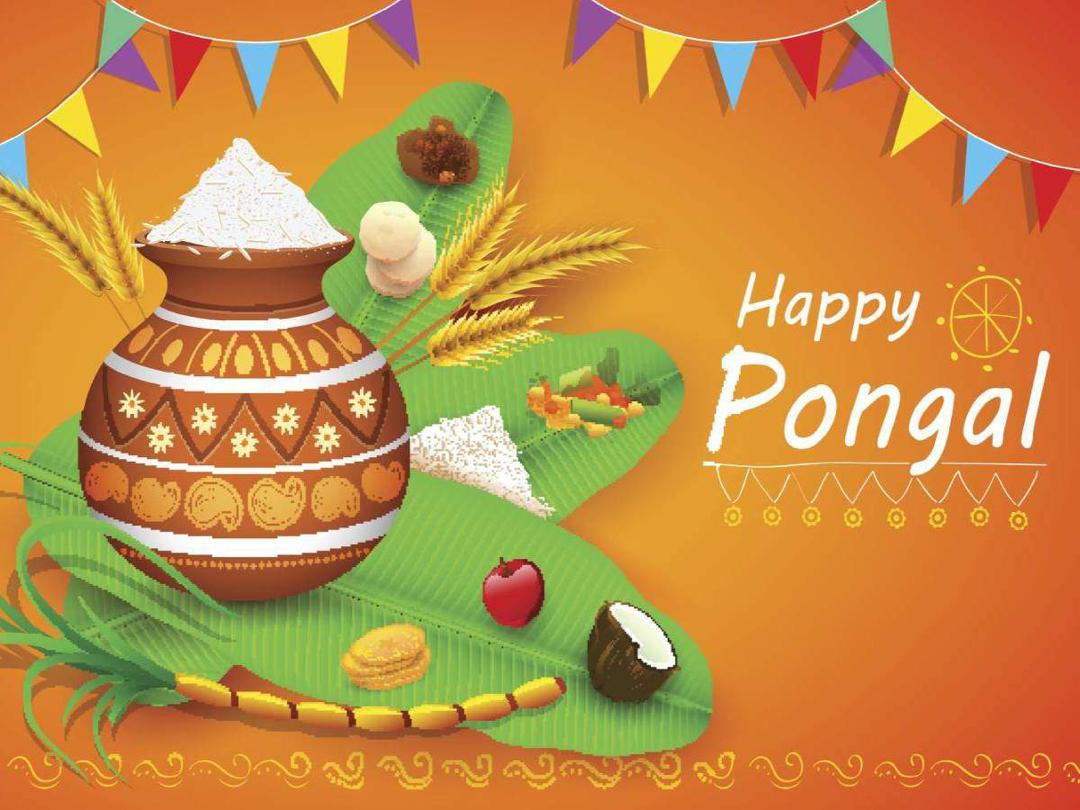
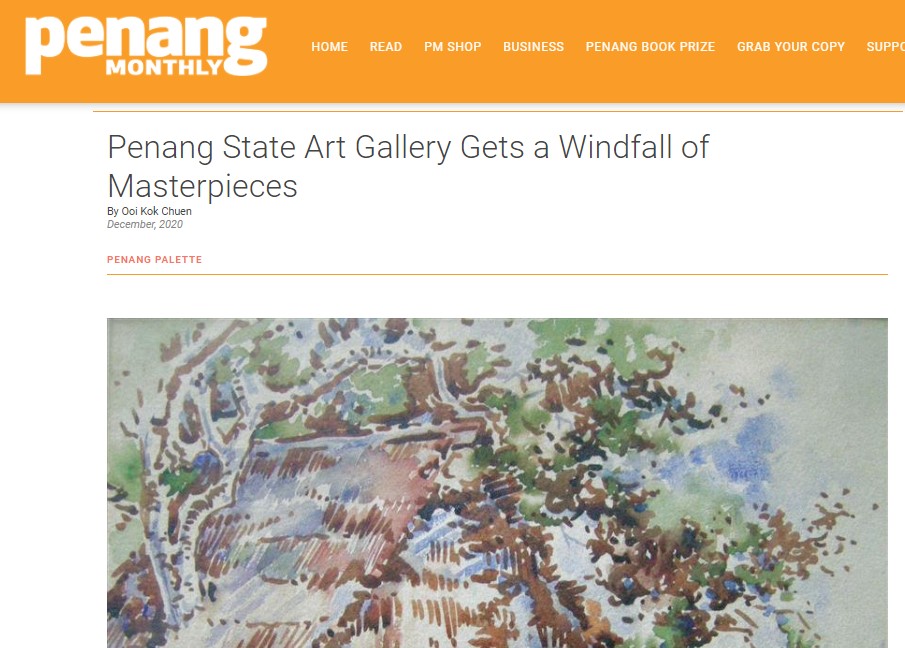

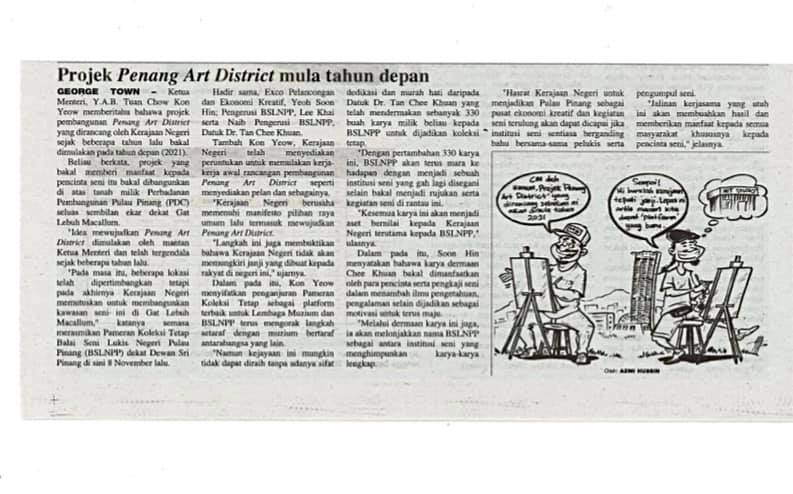
 Subscribe to my channel
Subscribe to my channel








